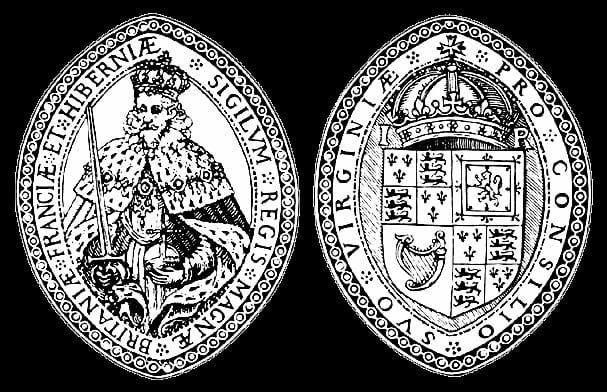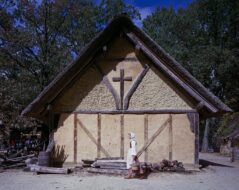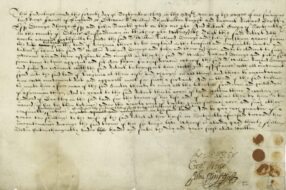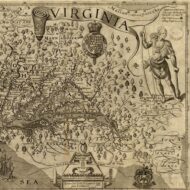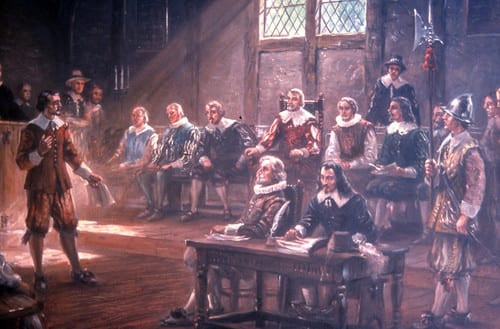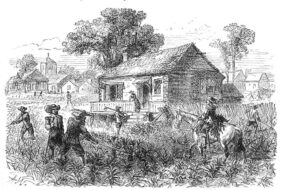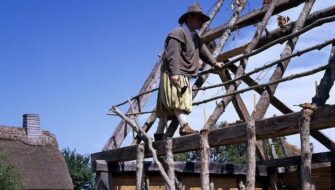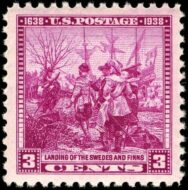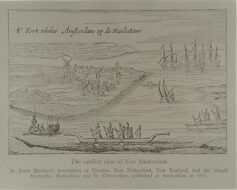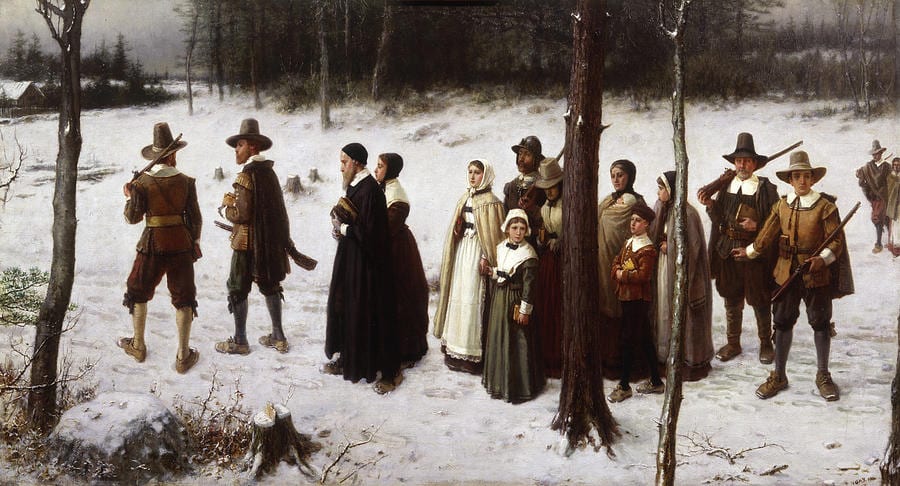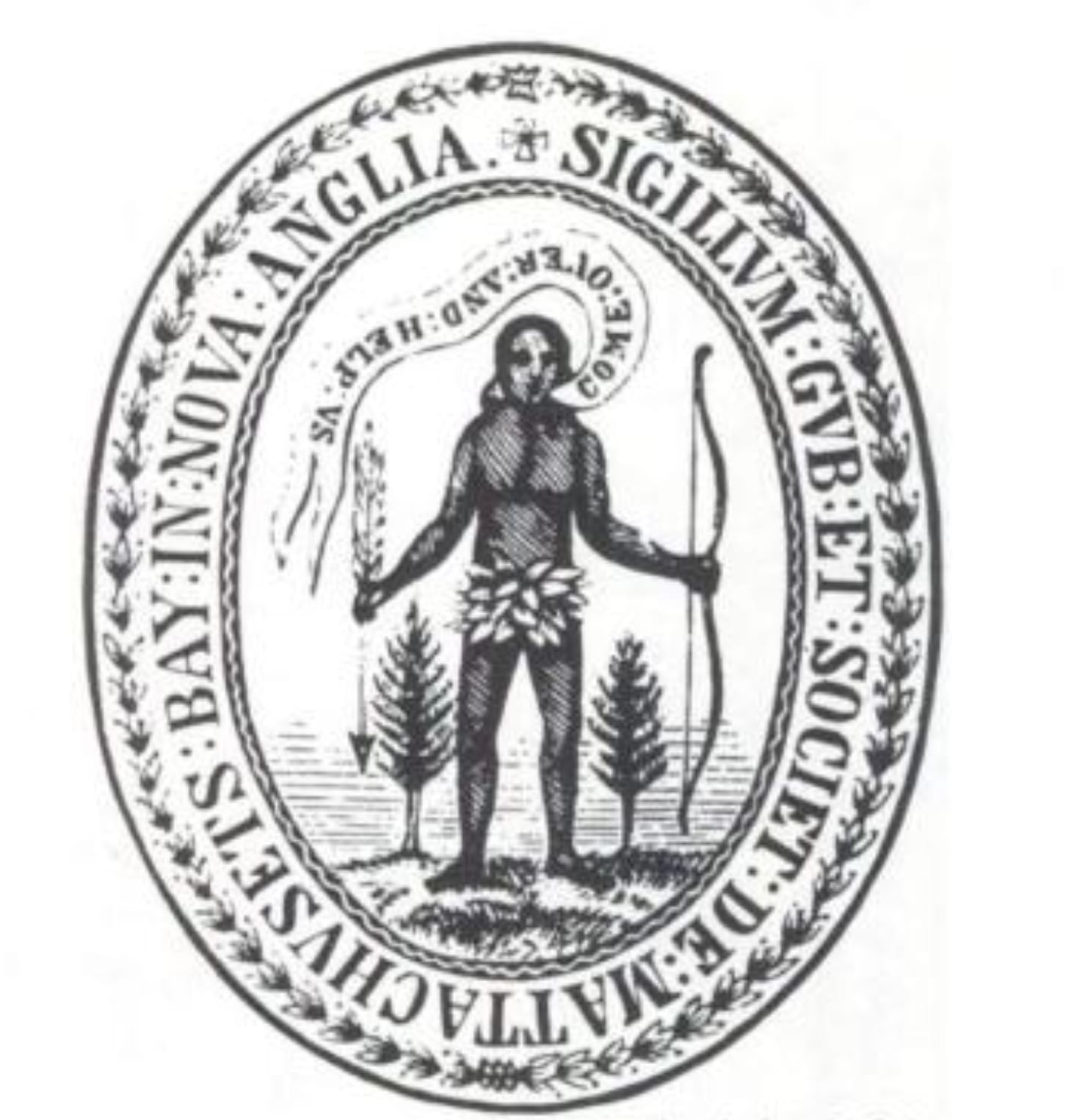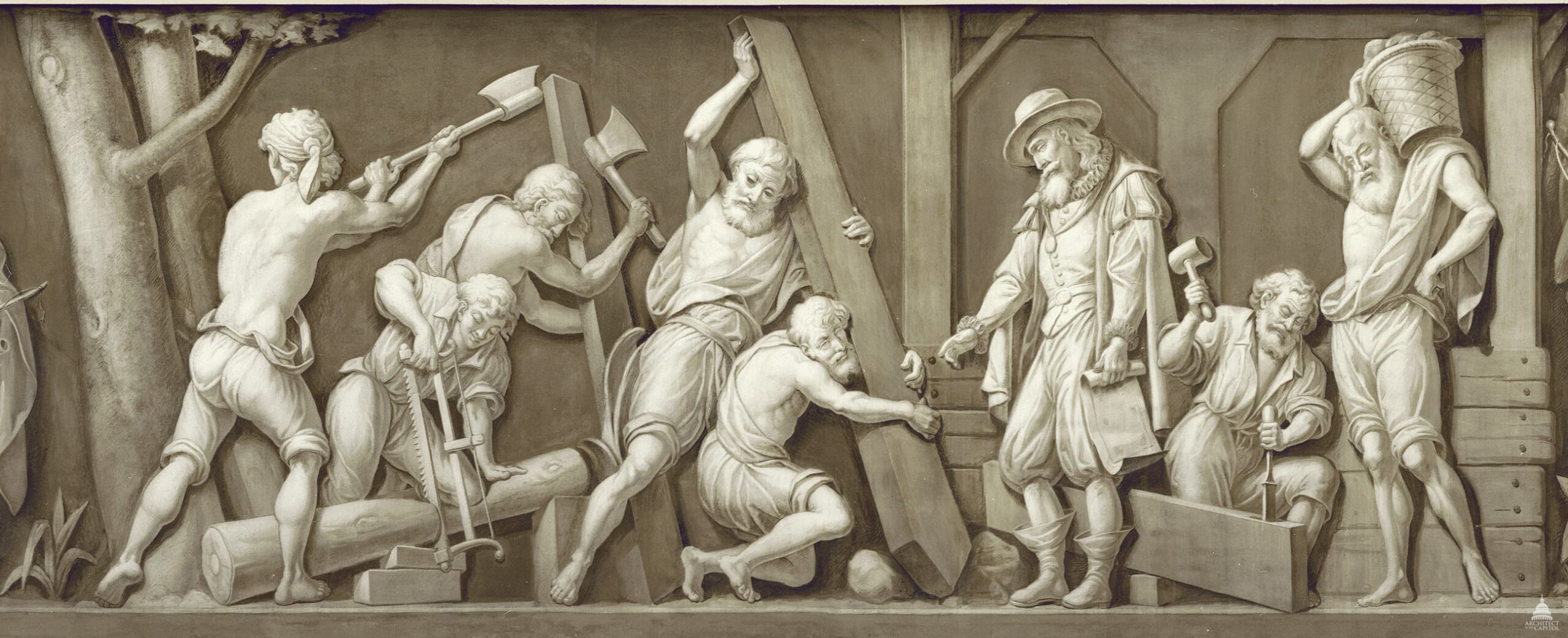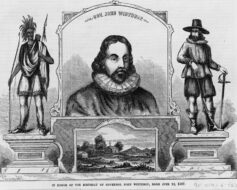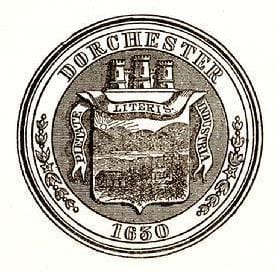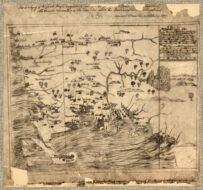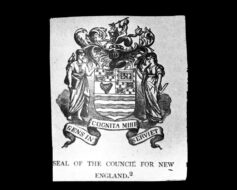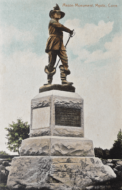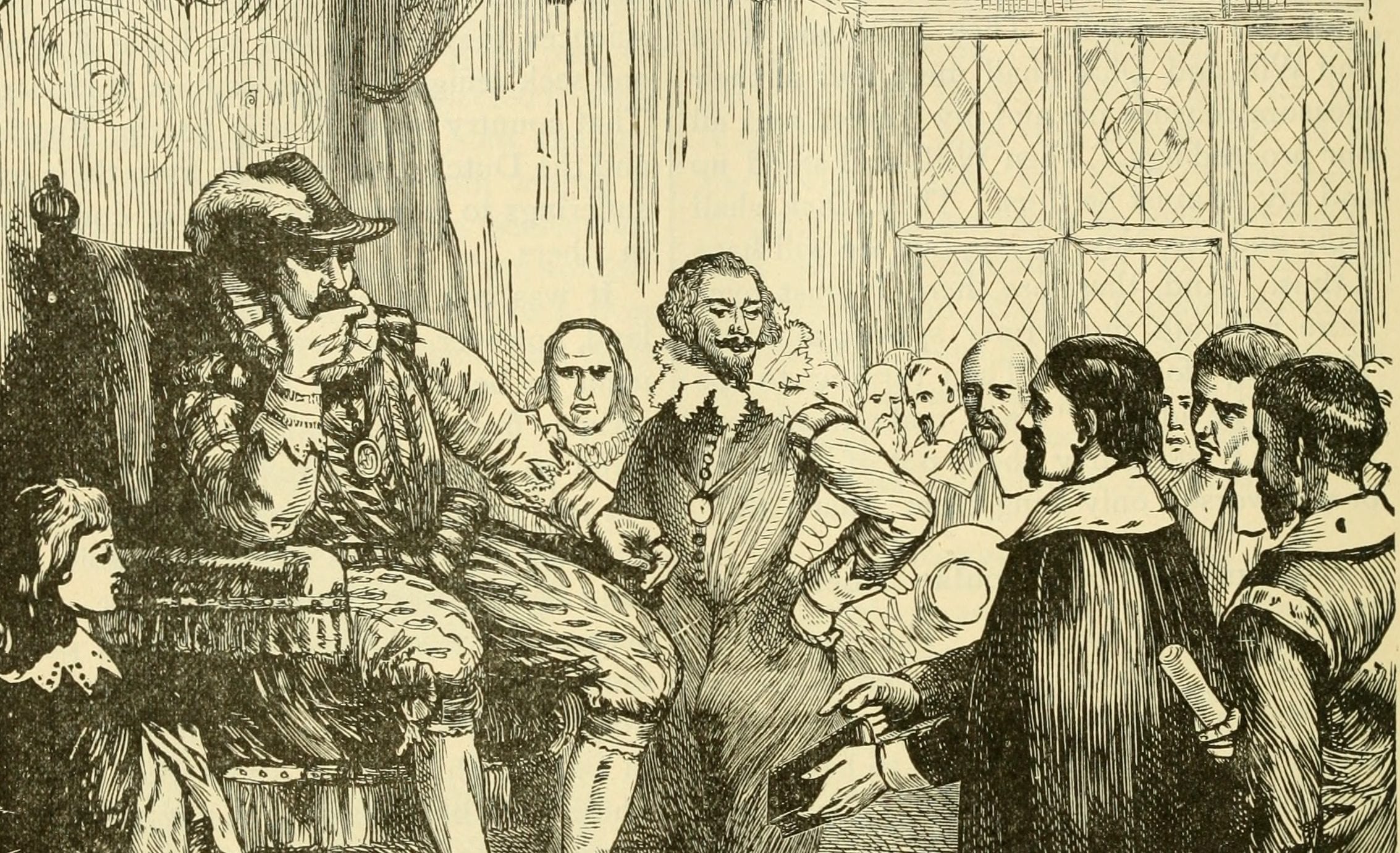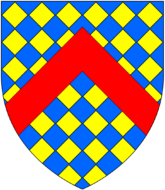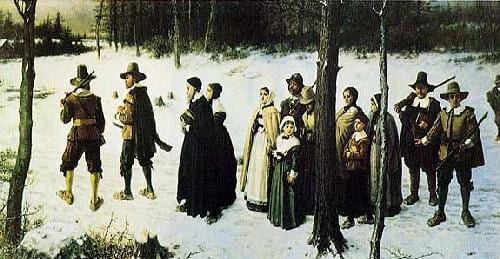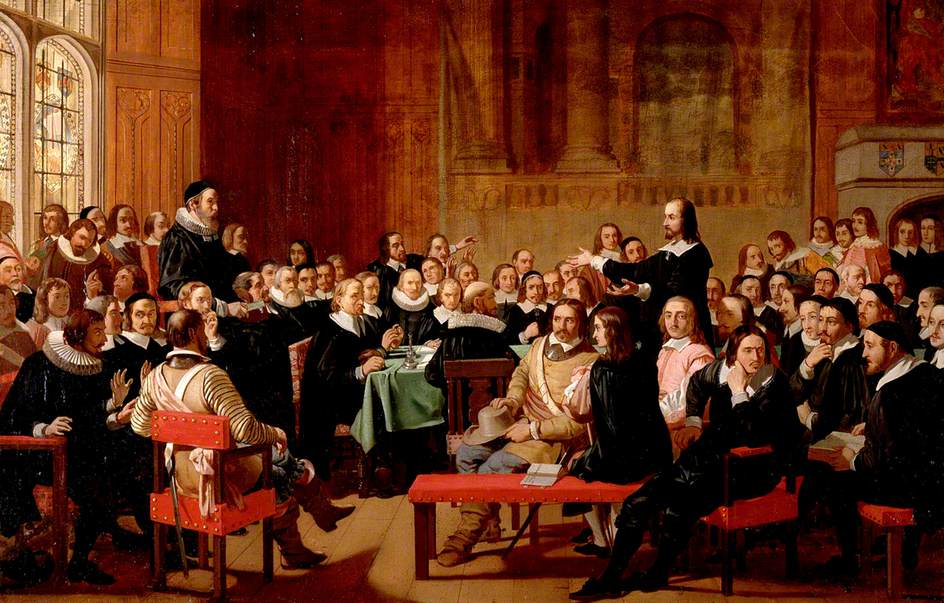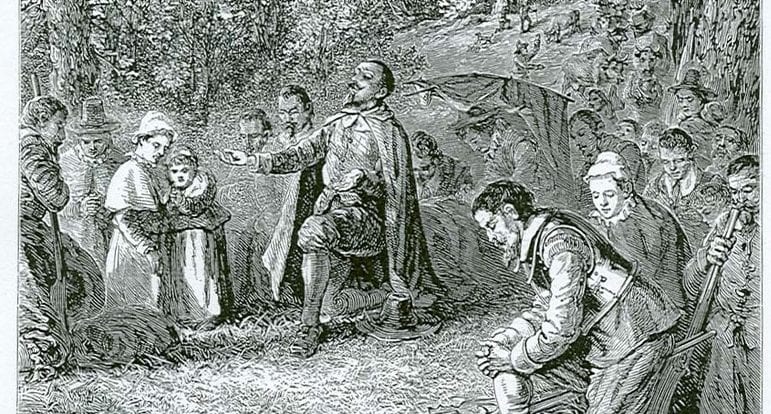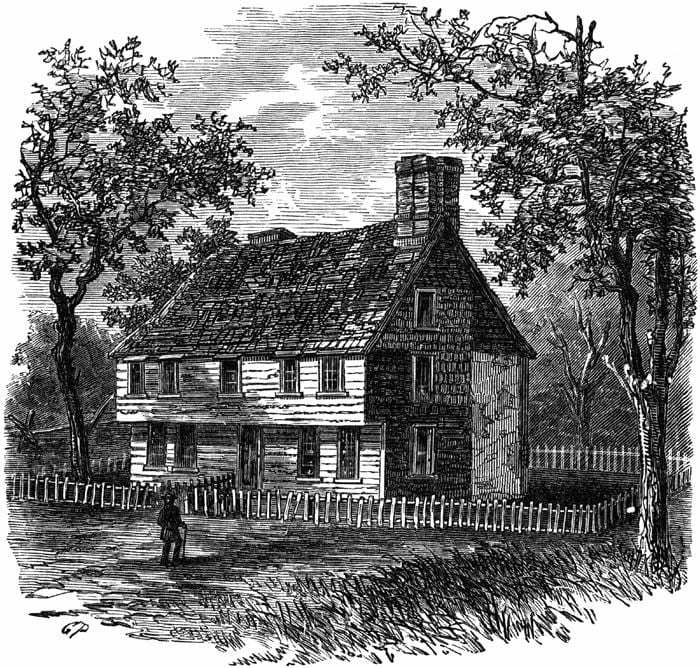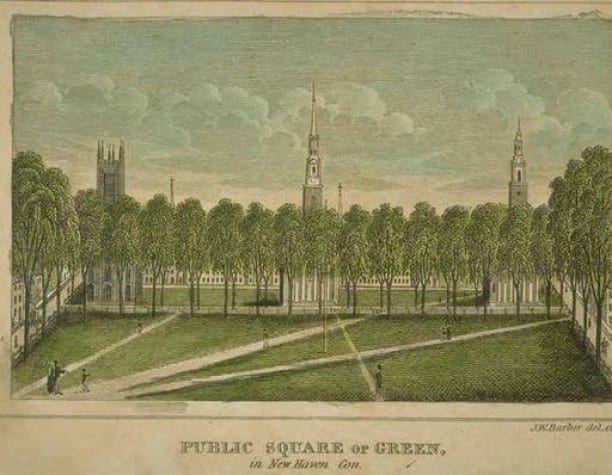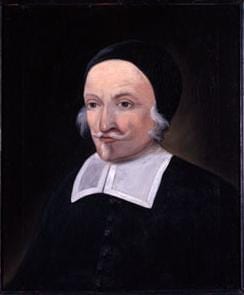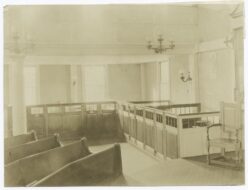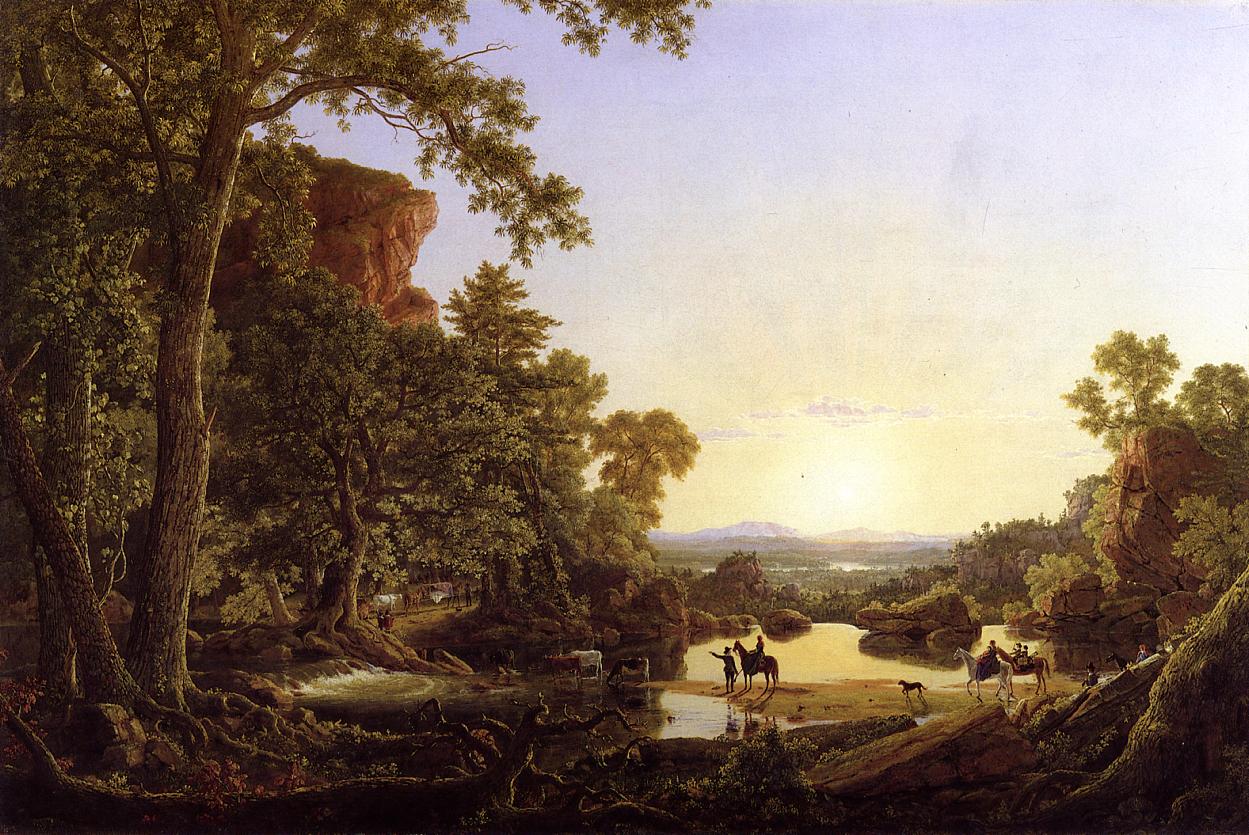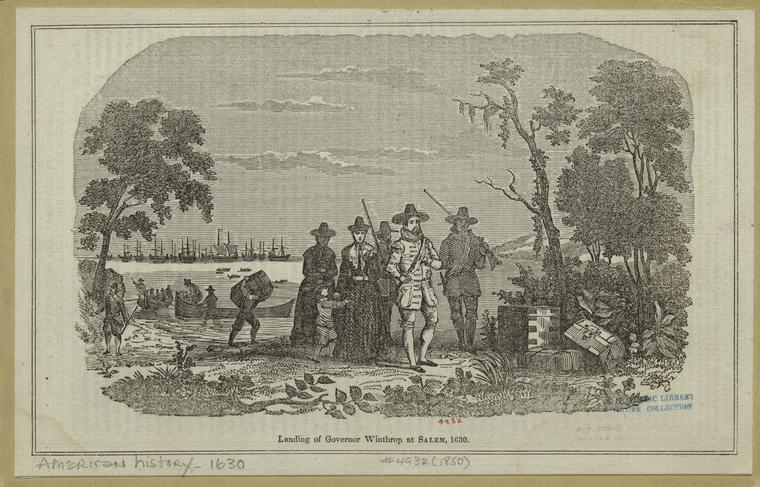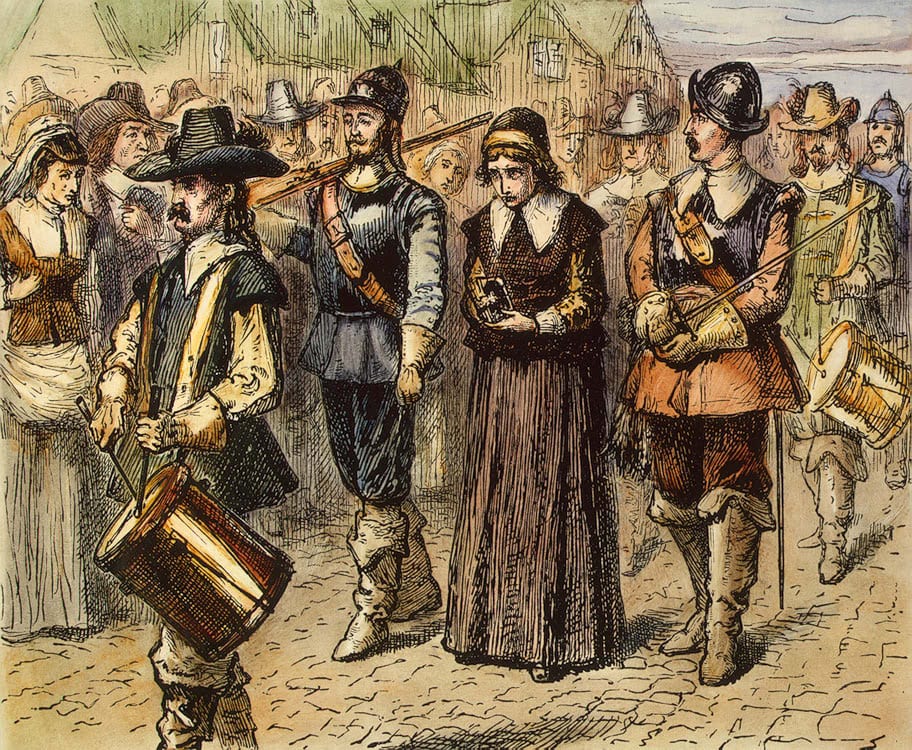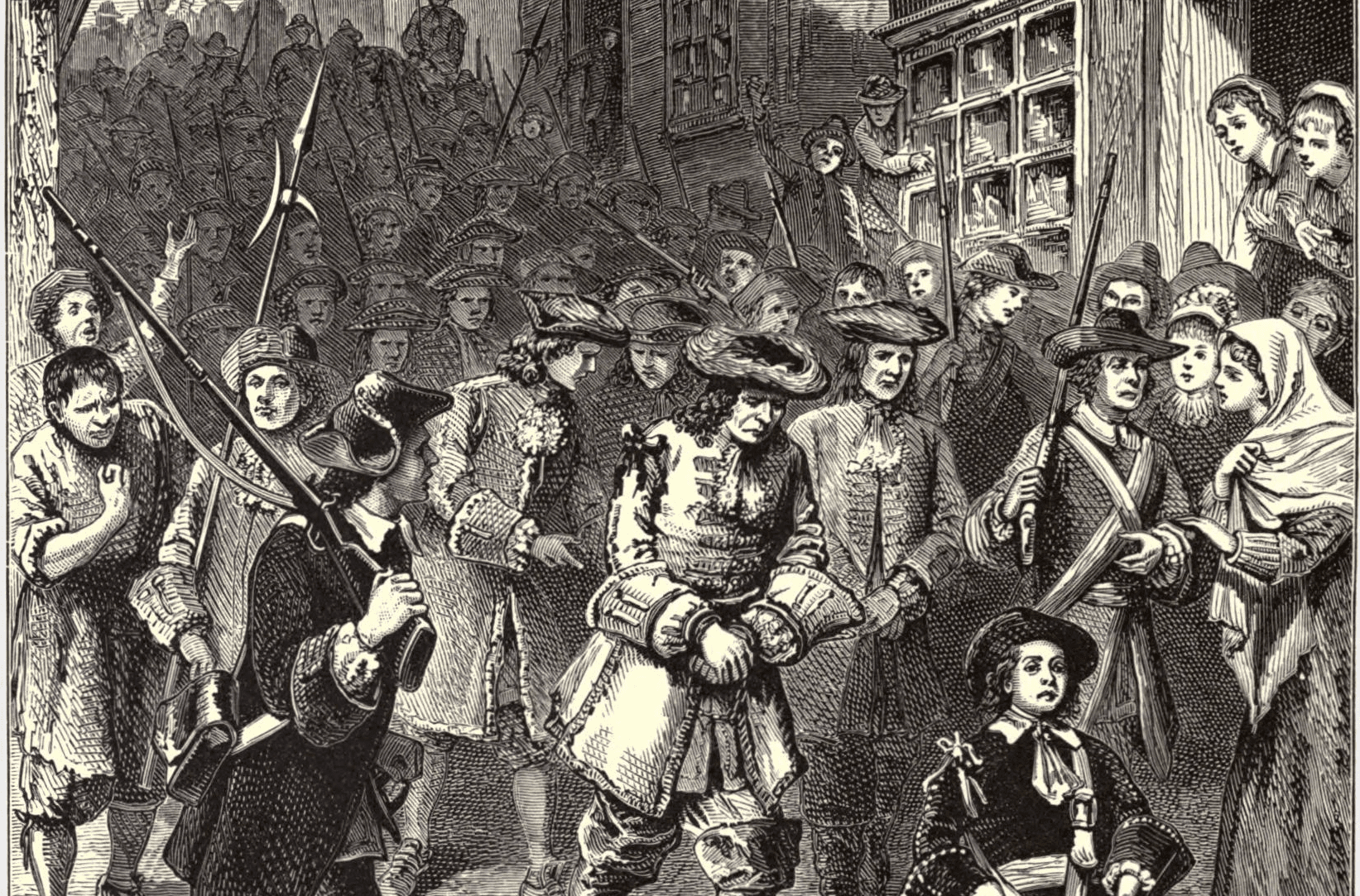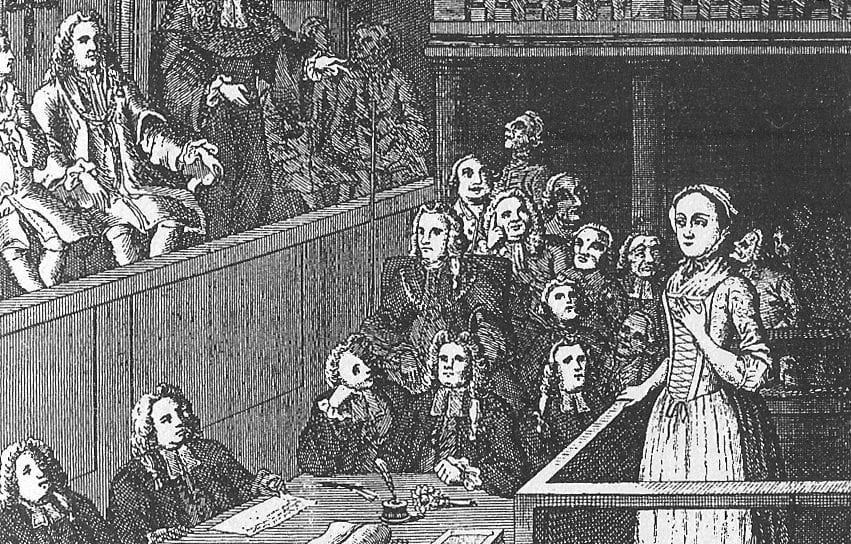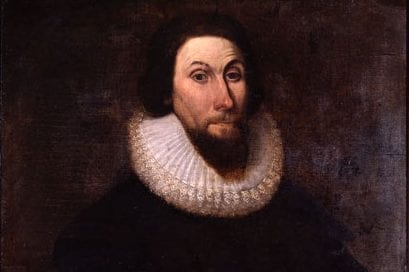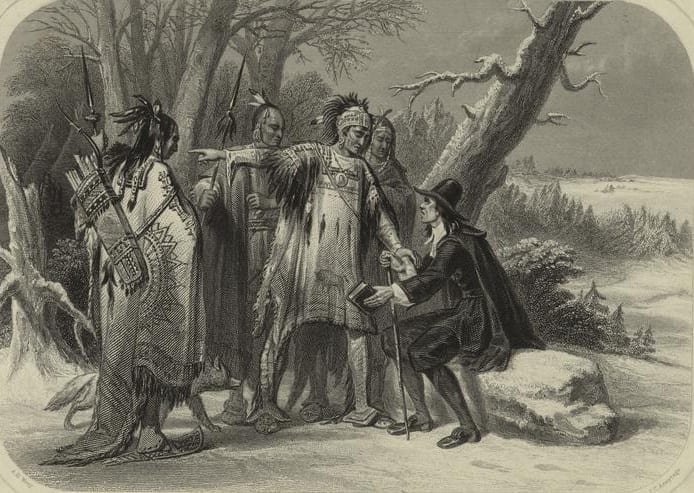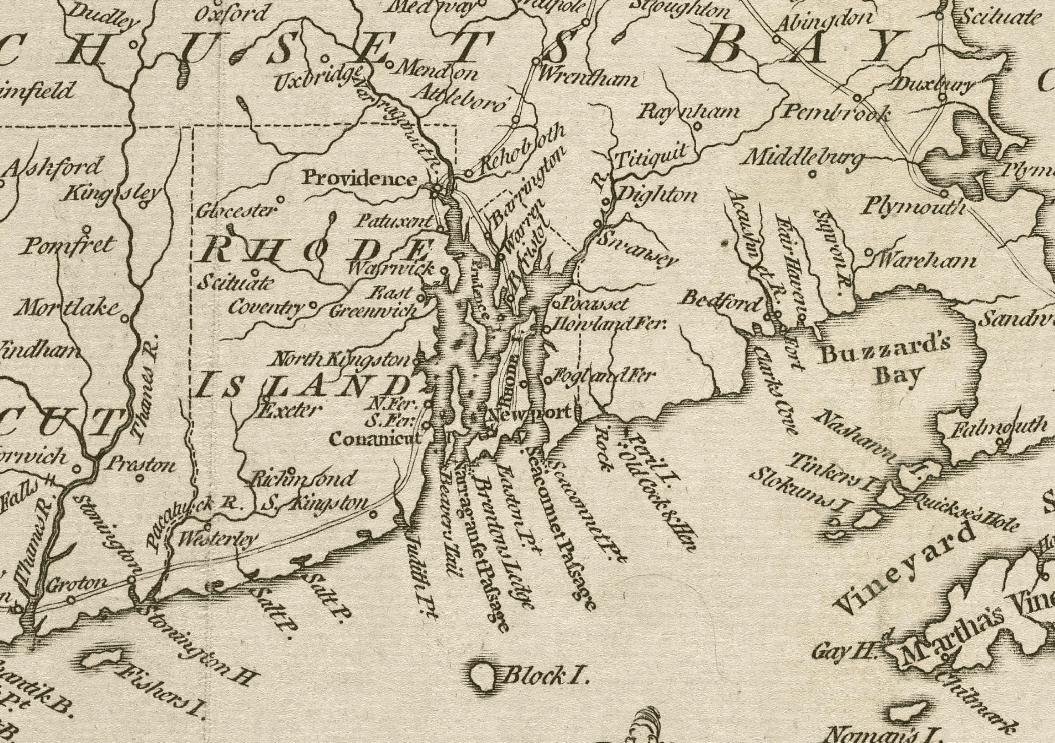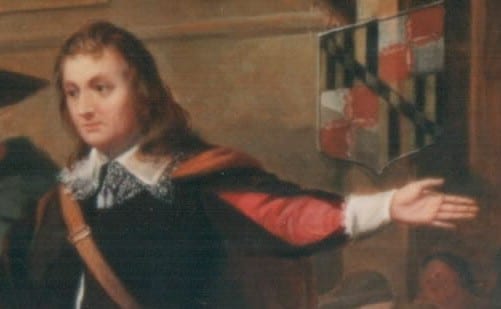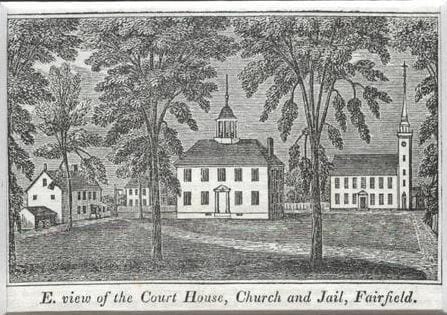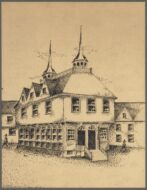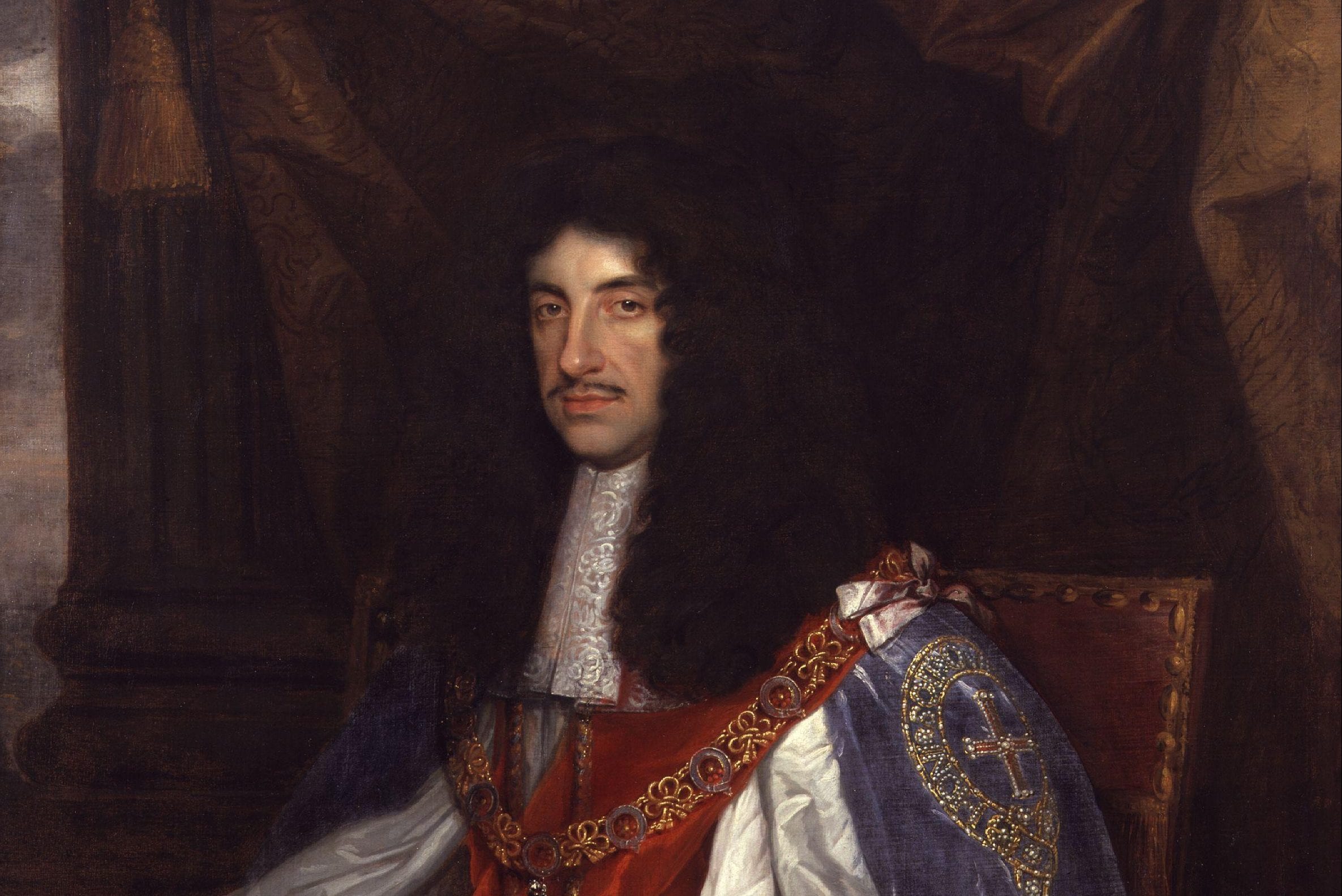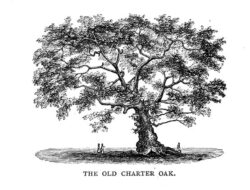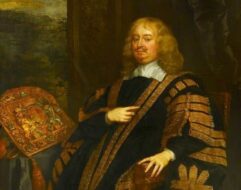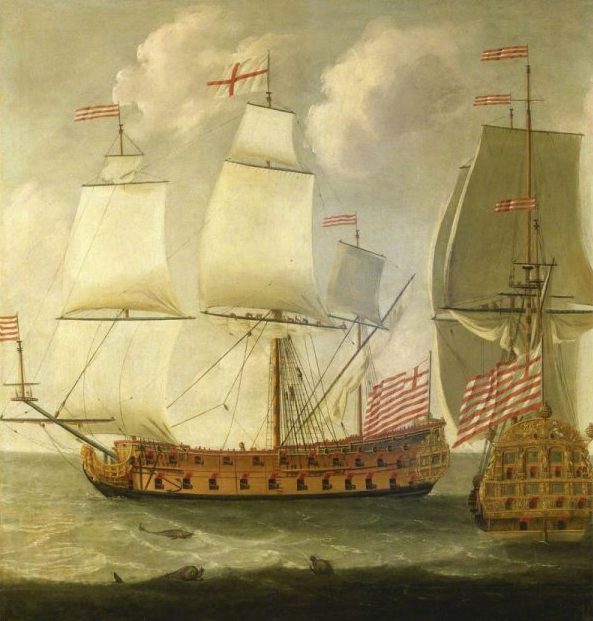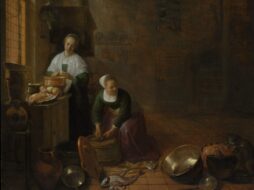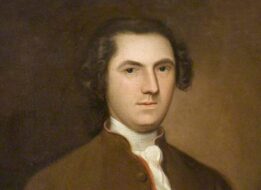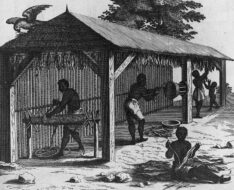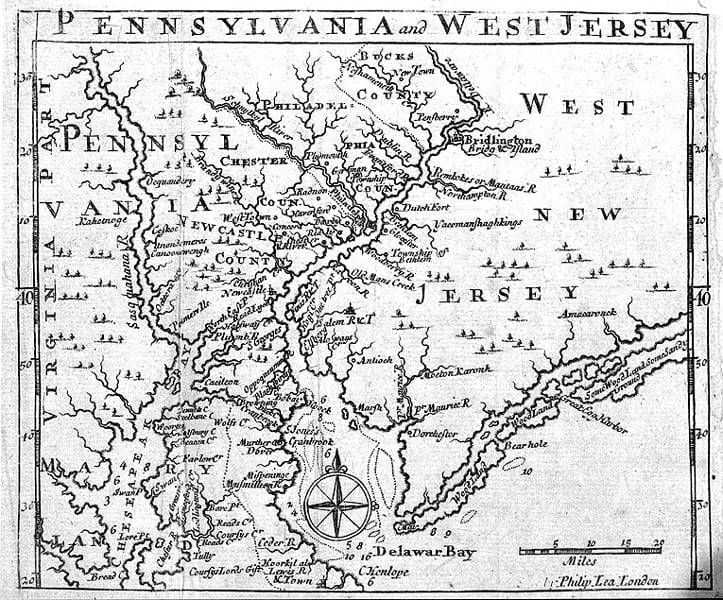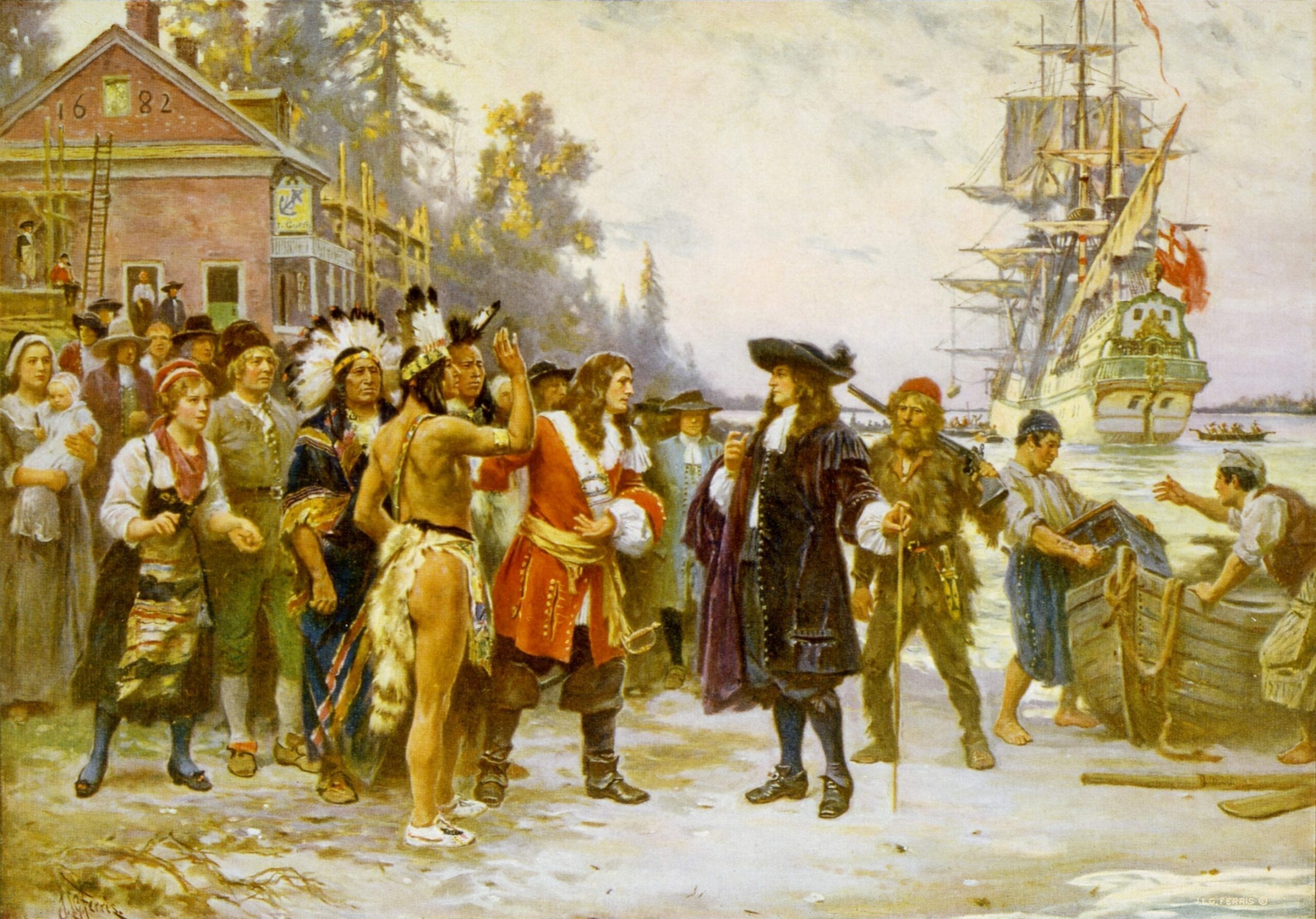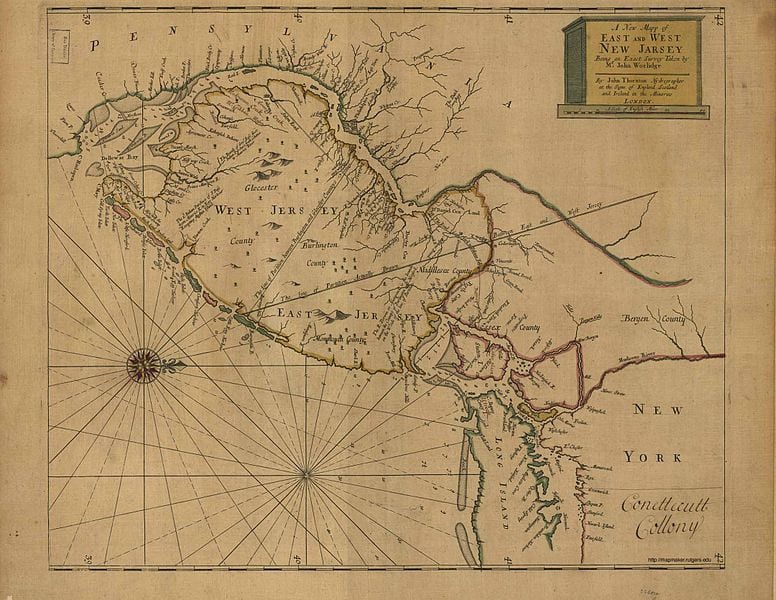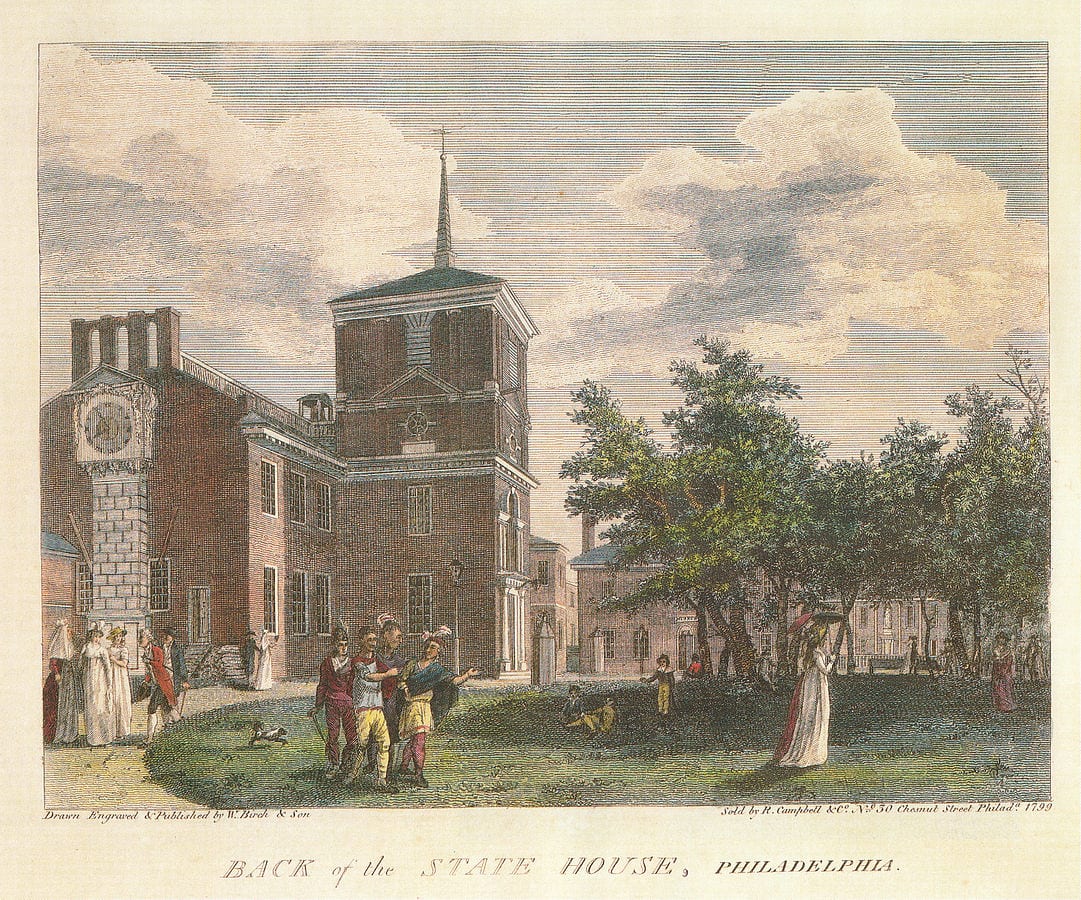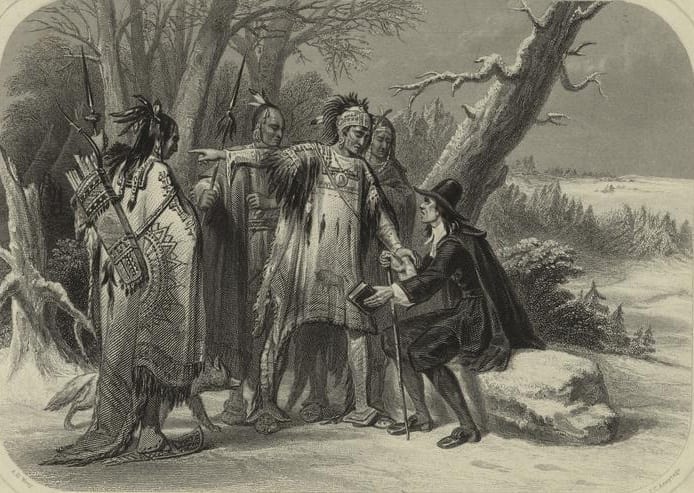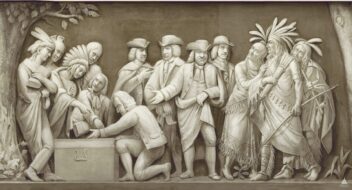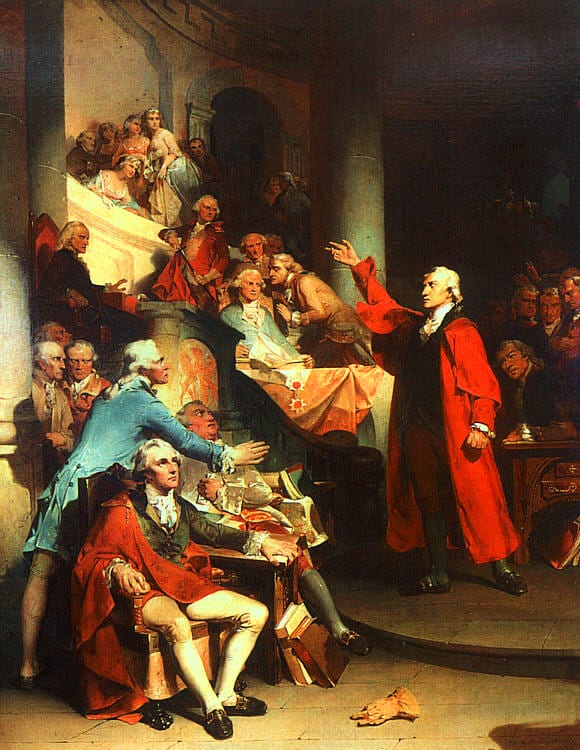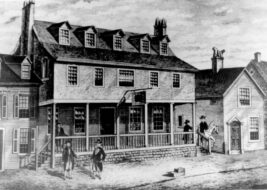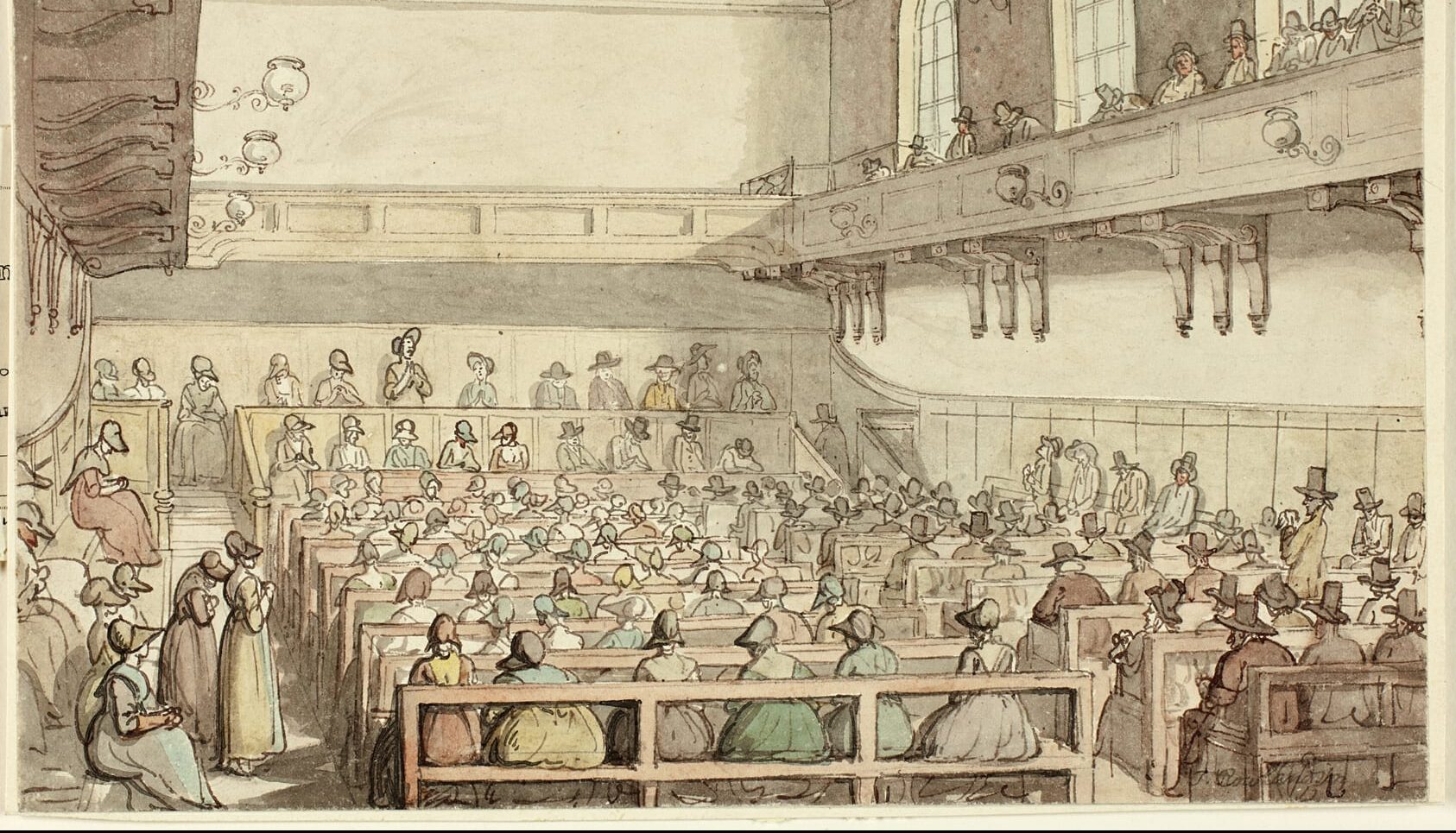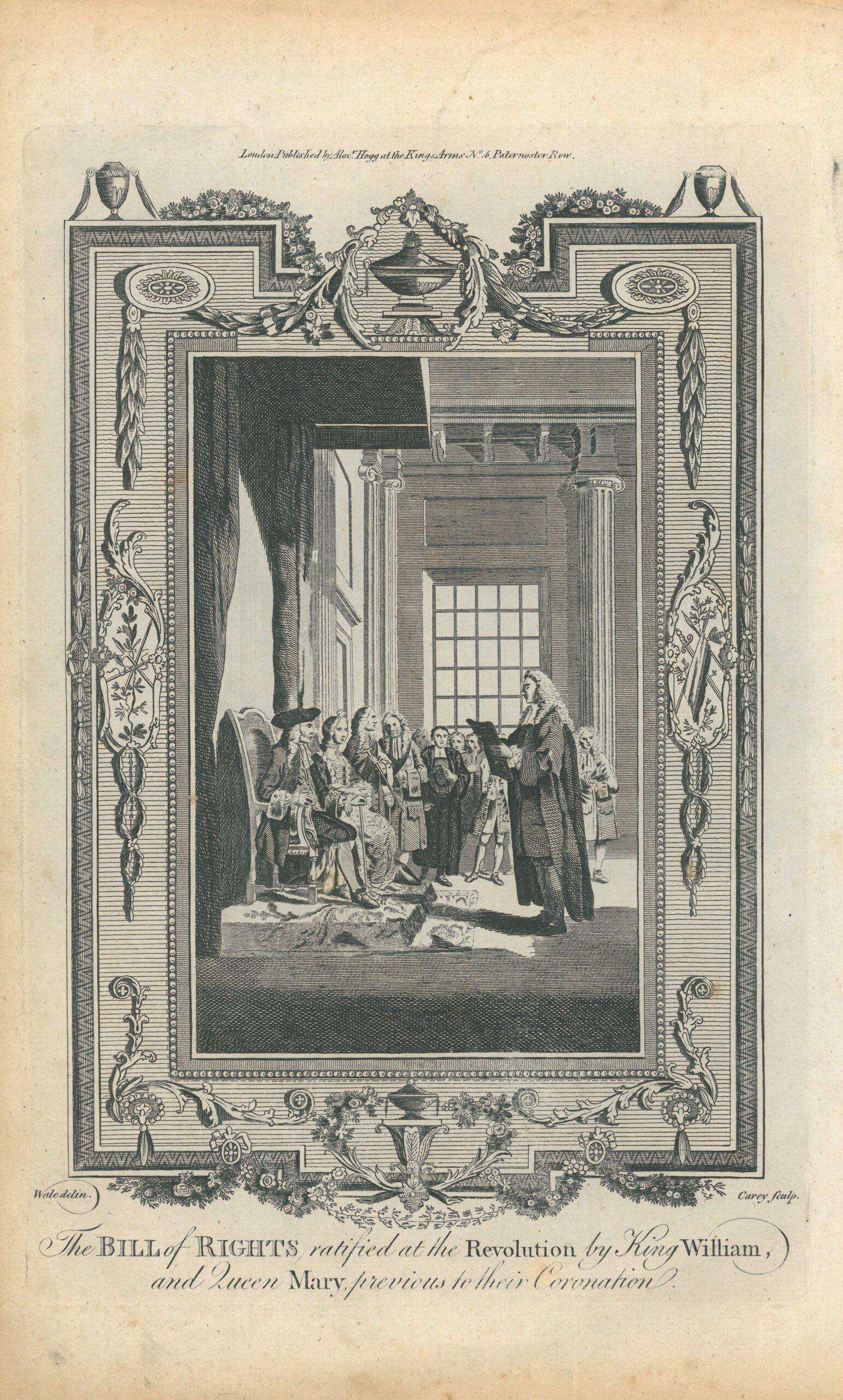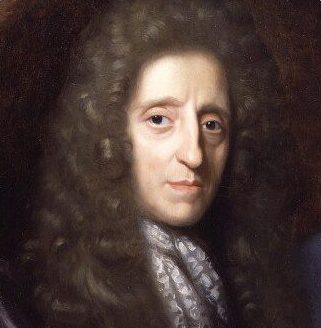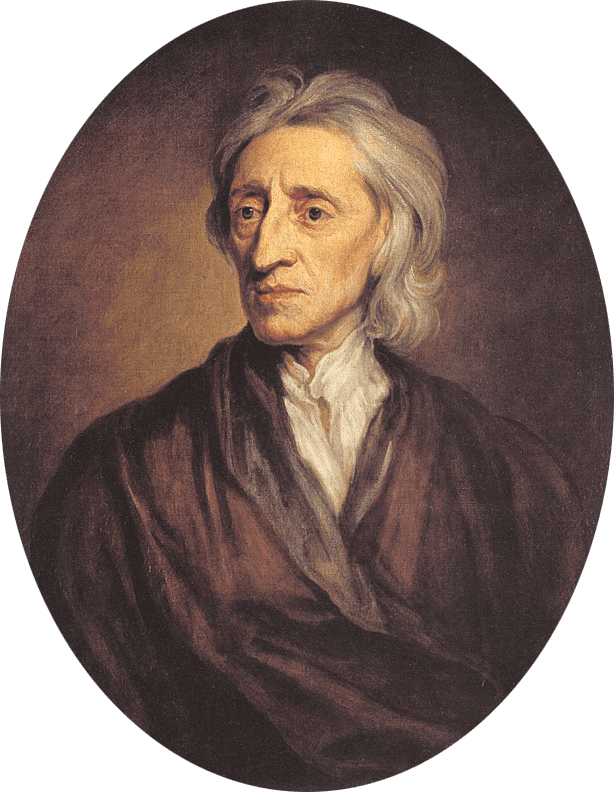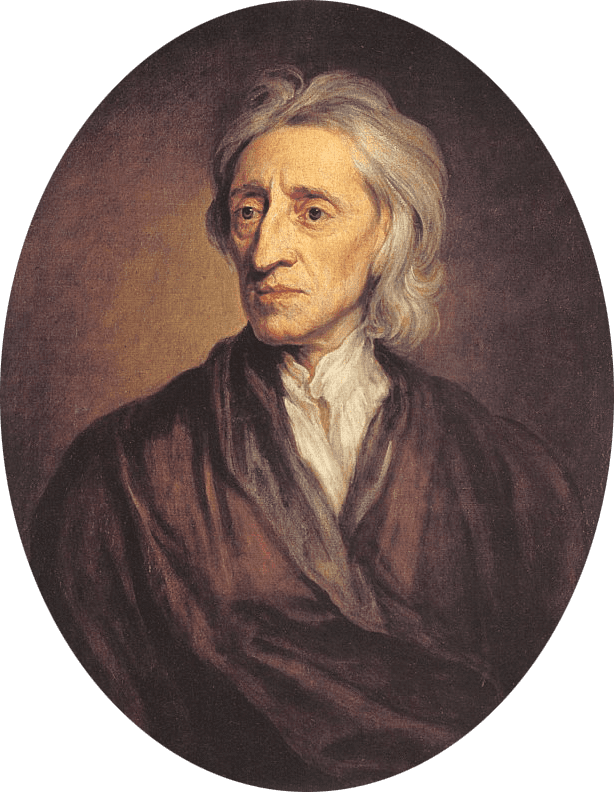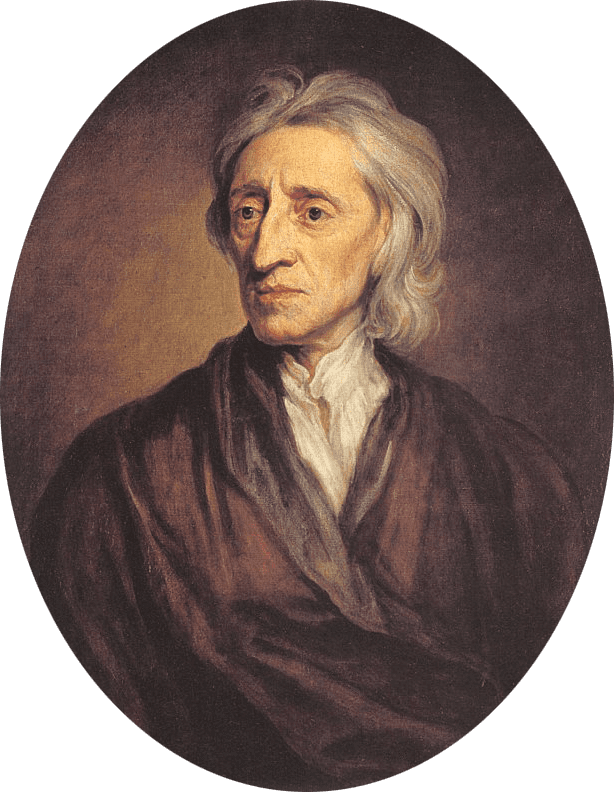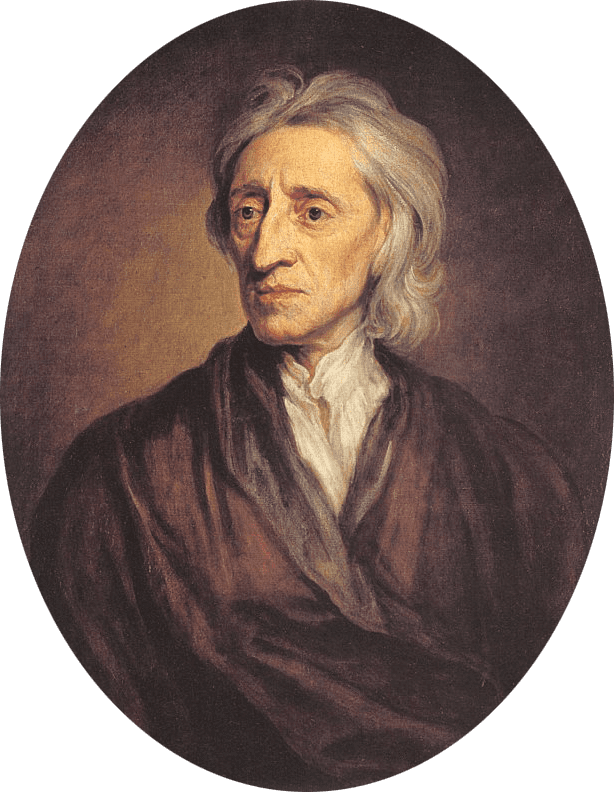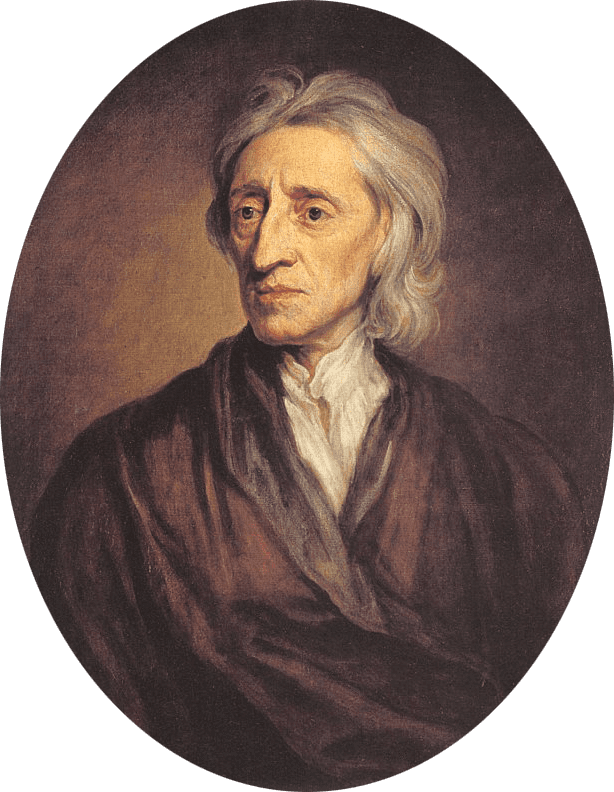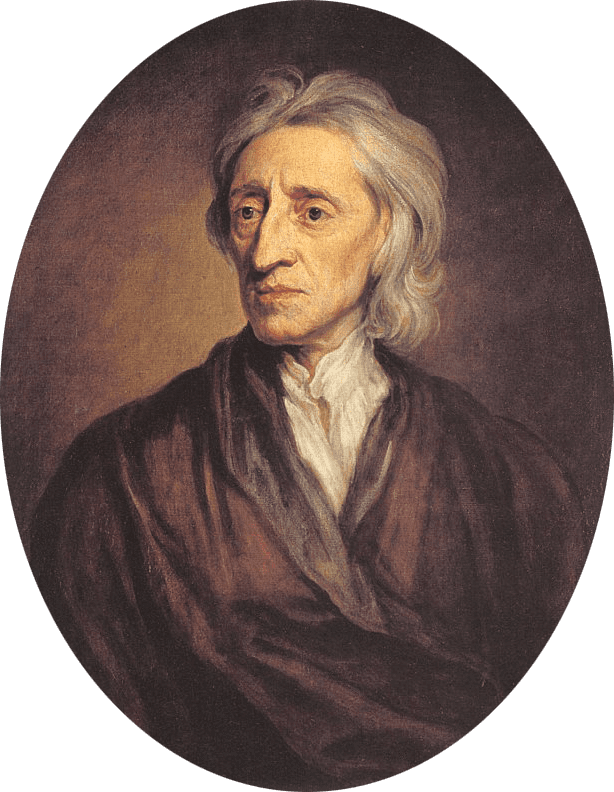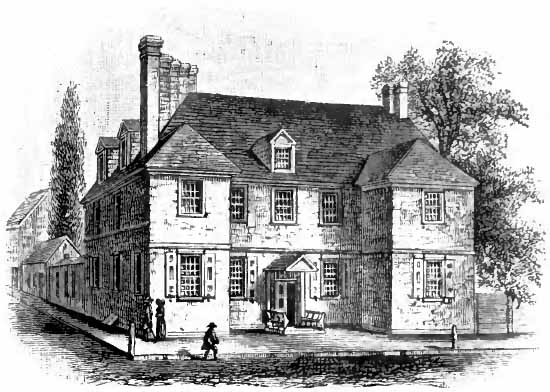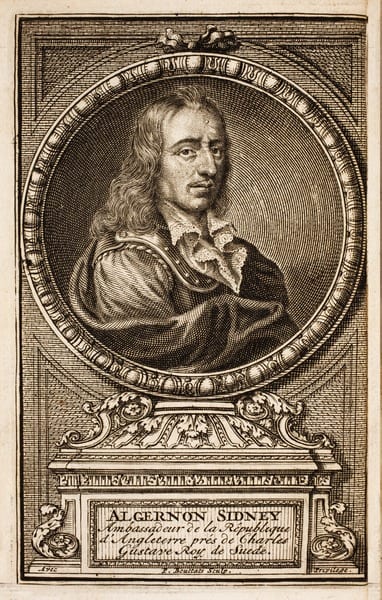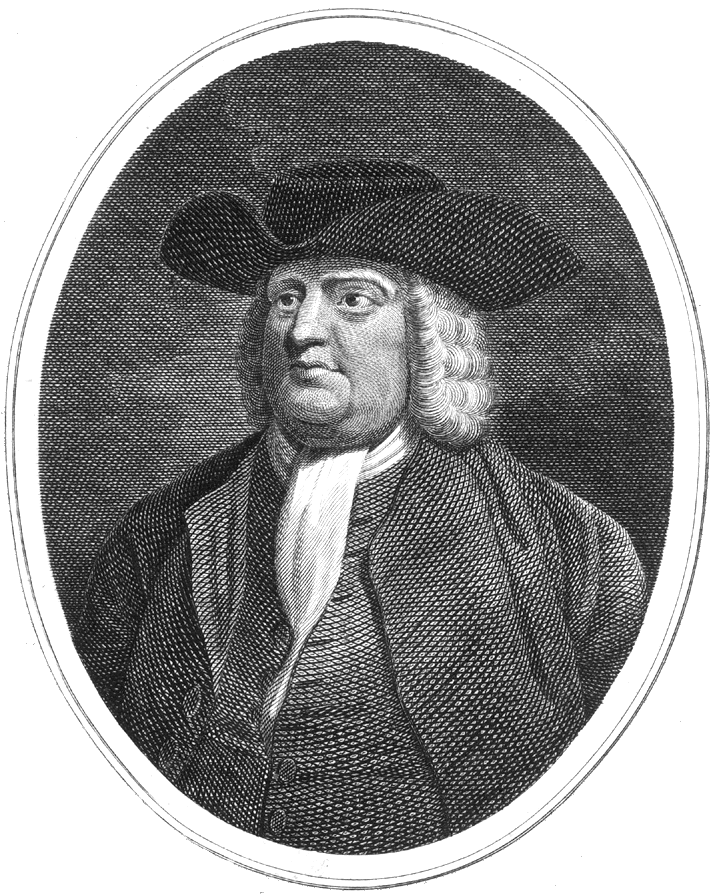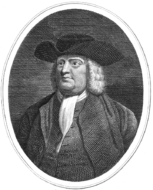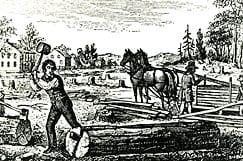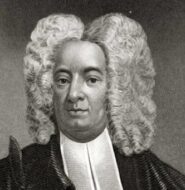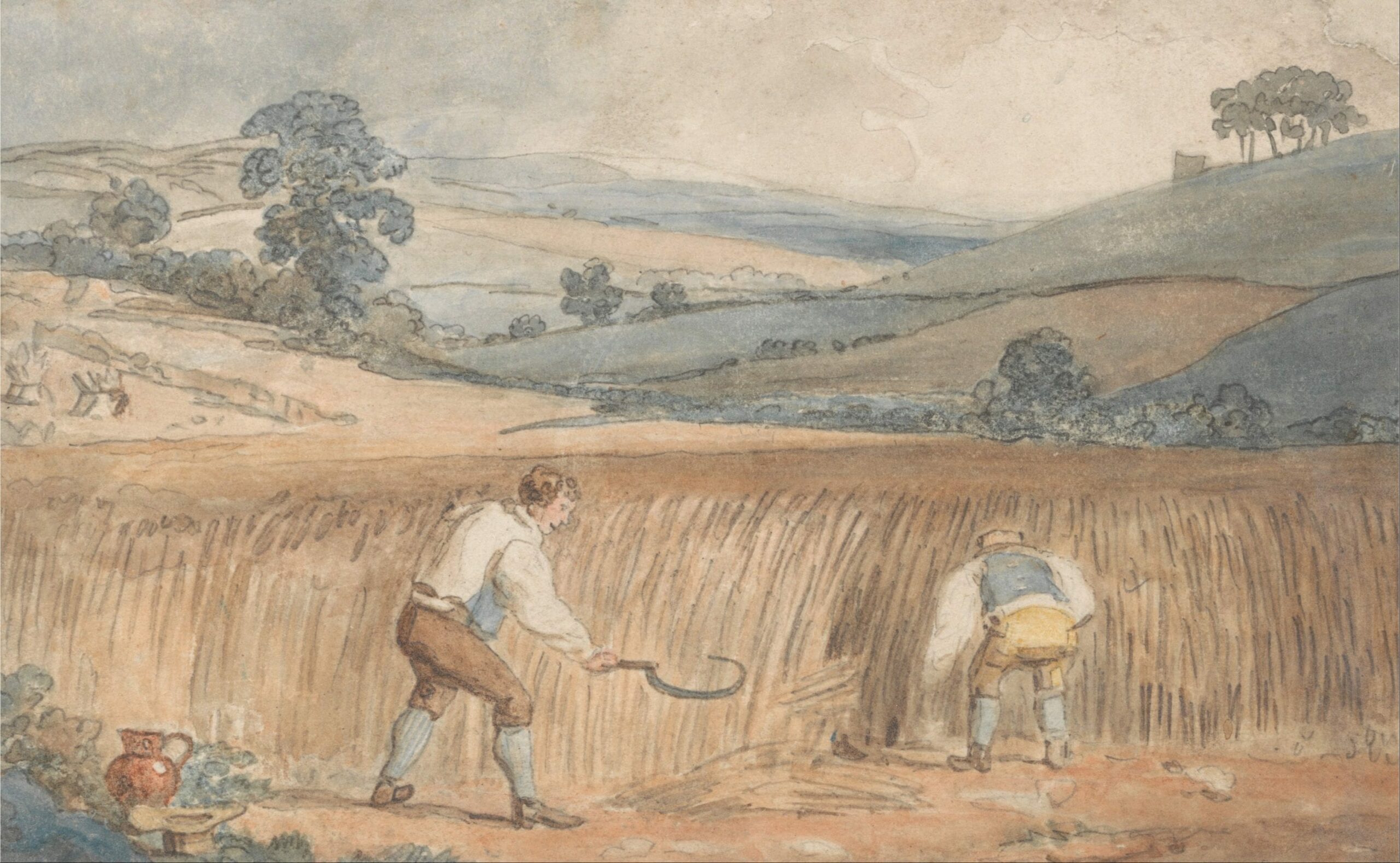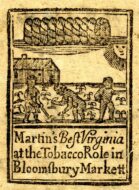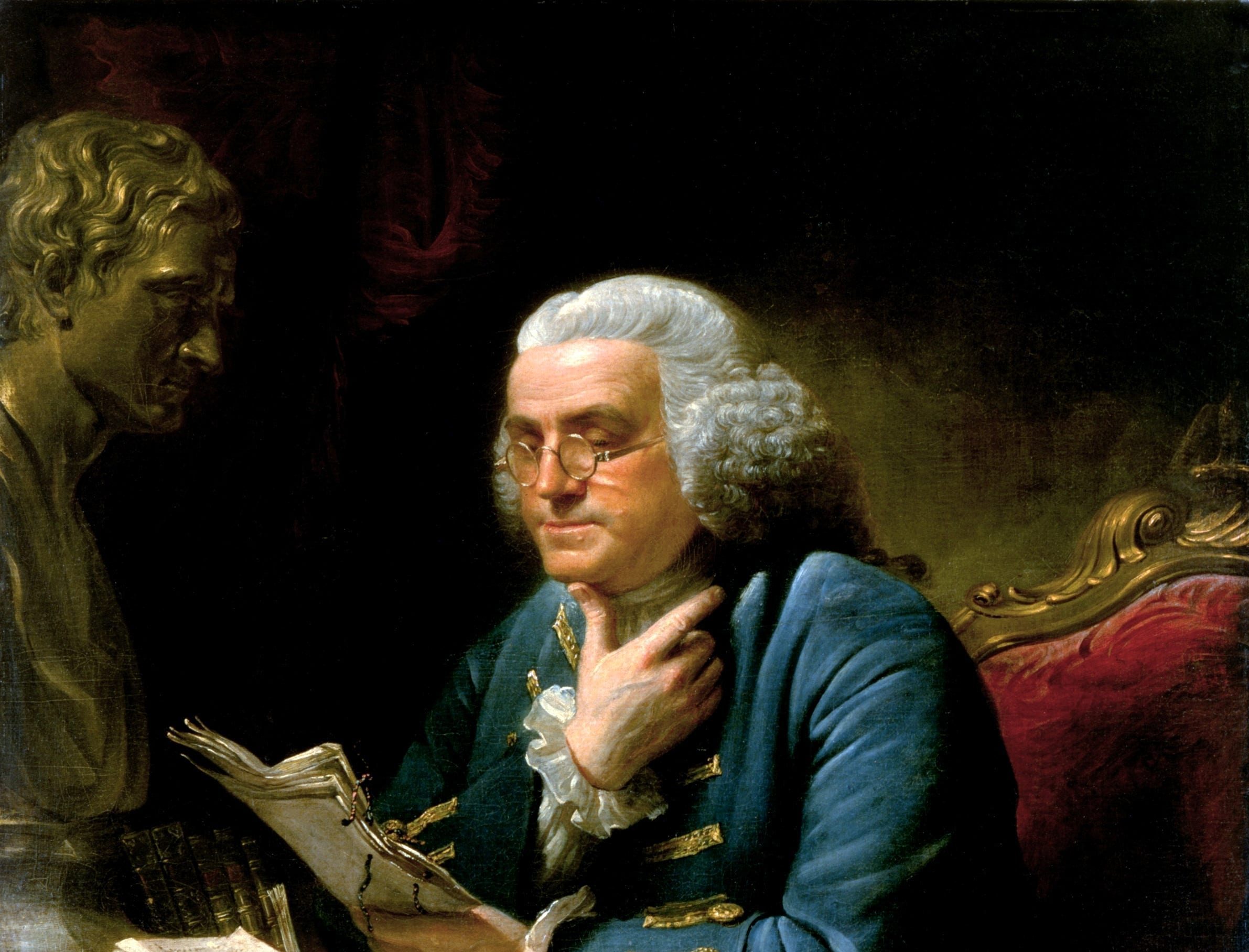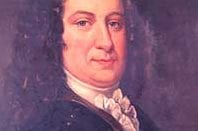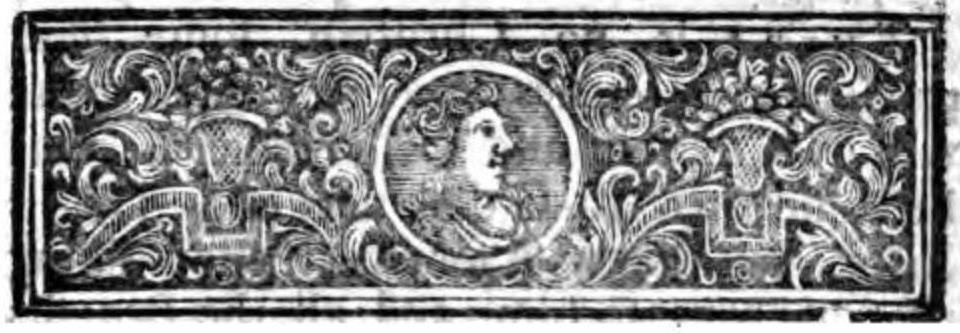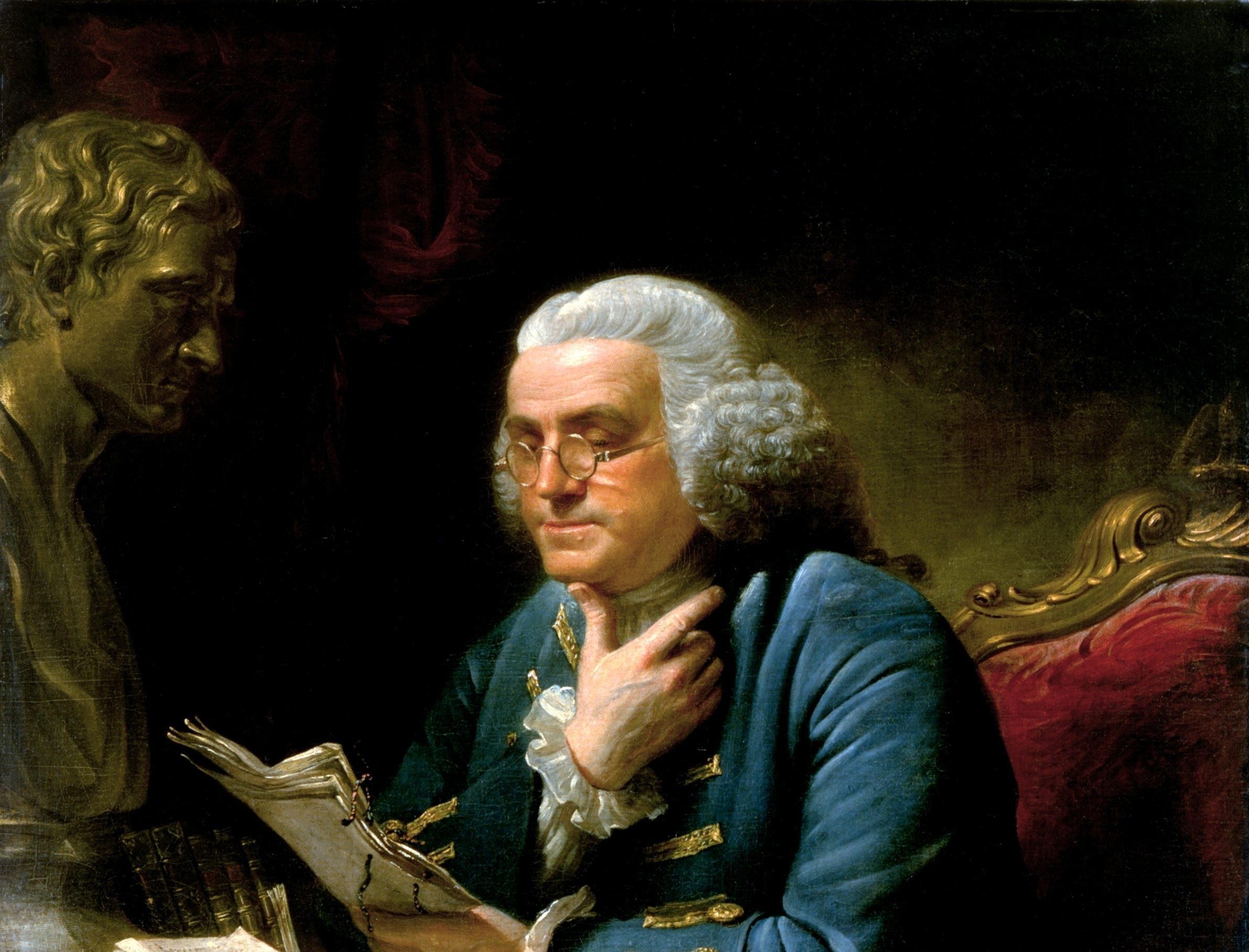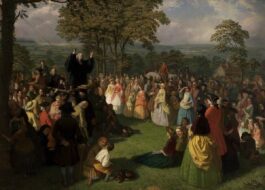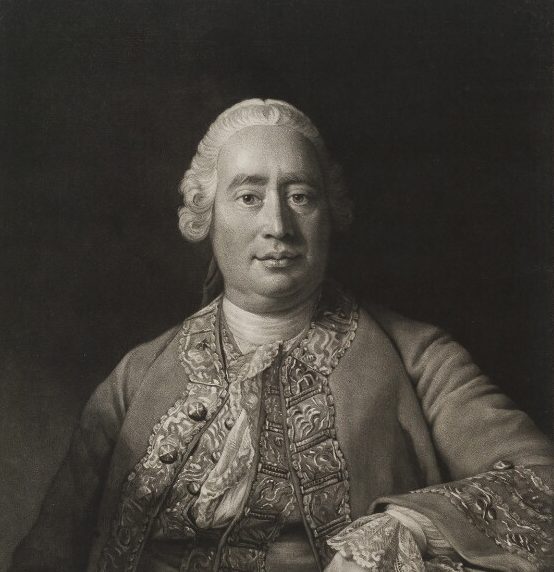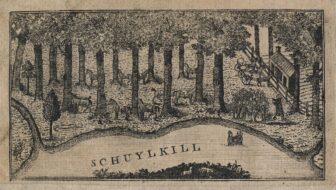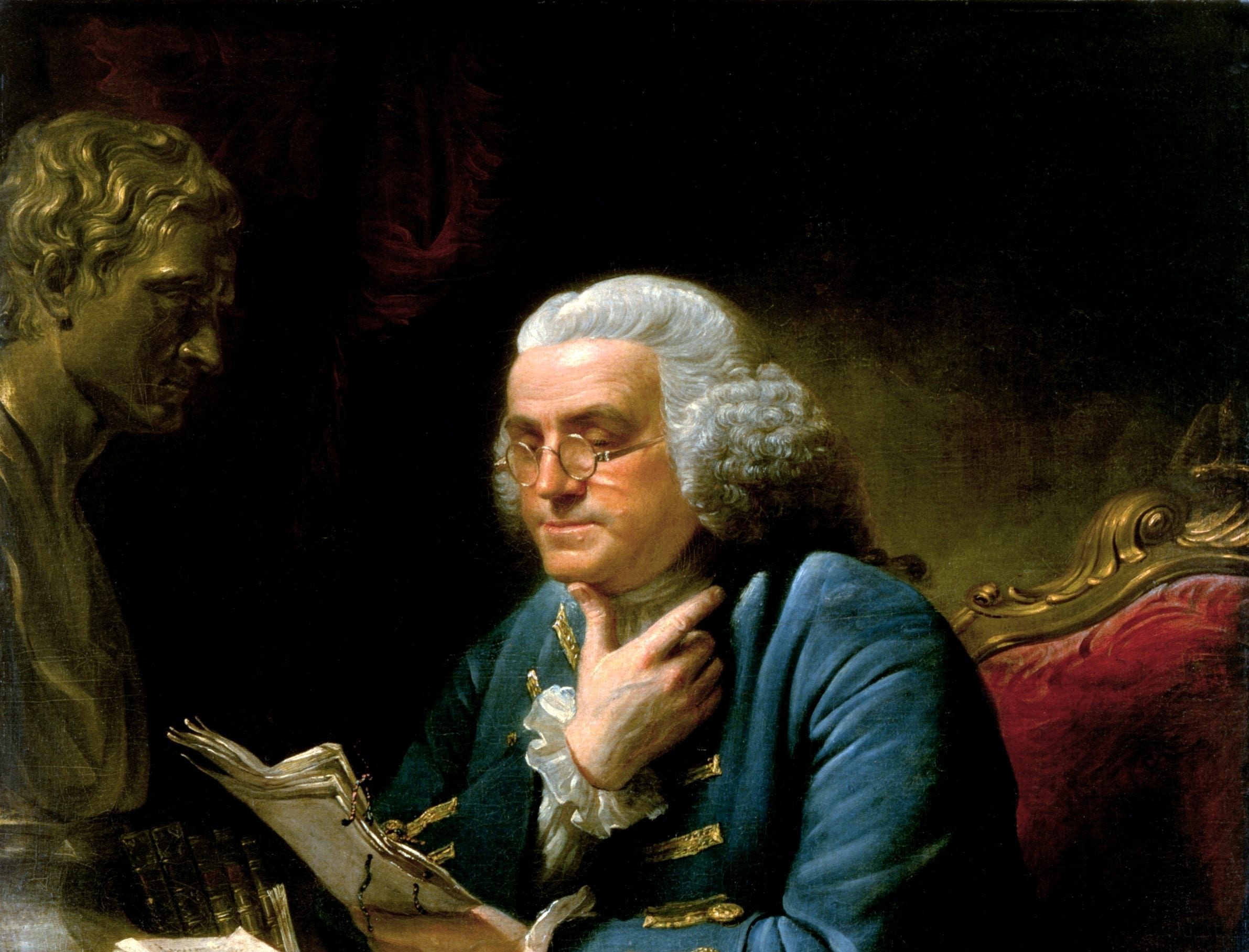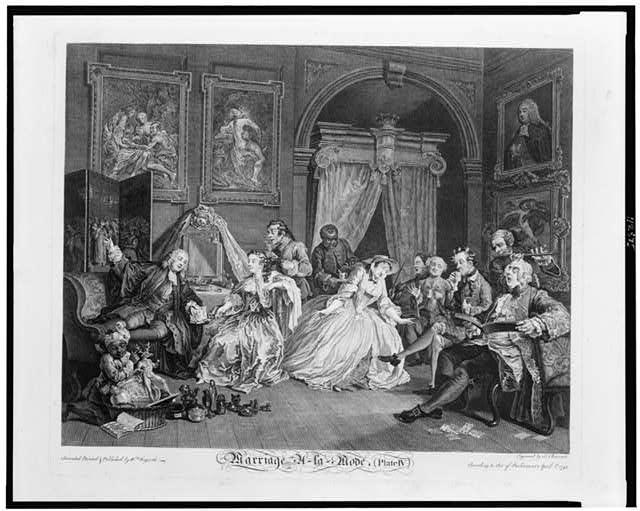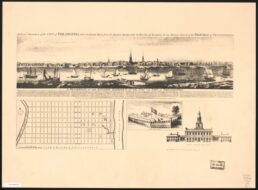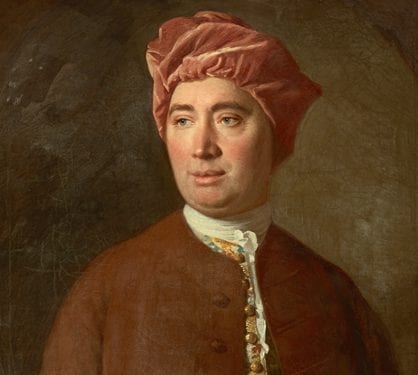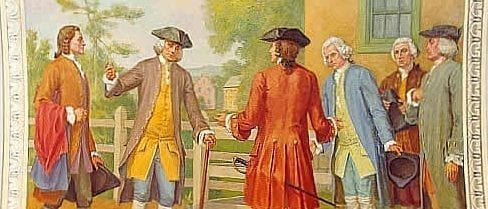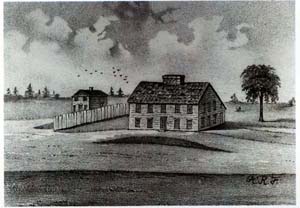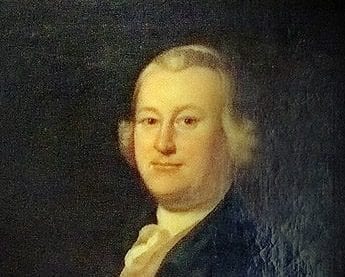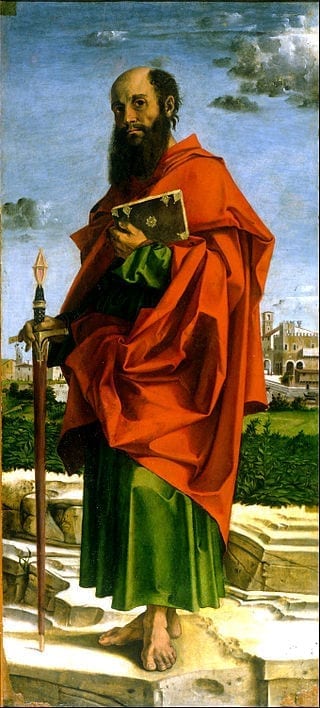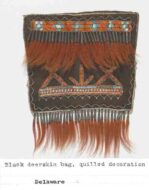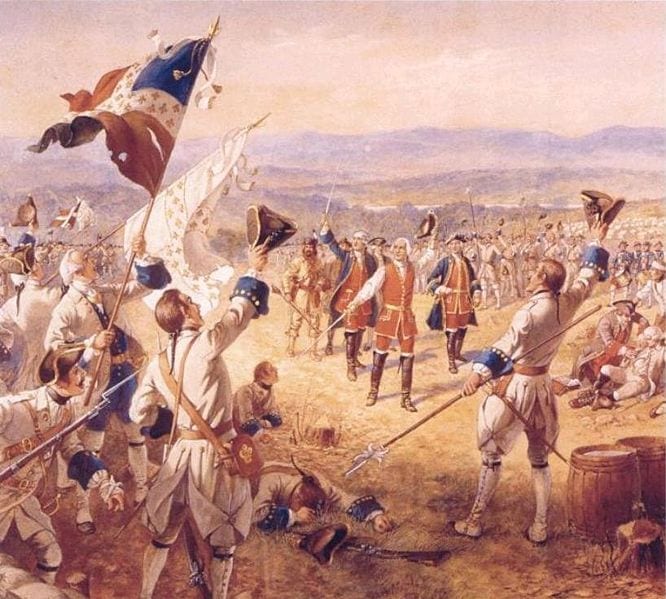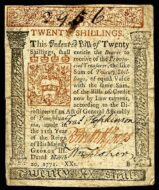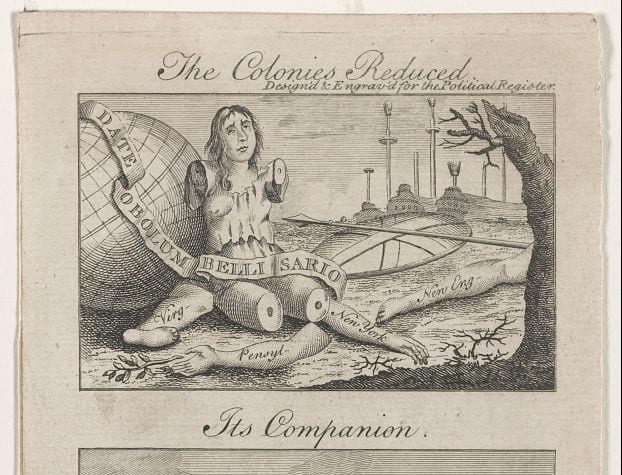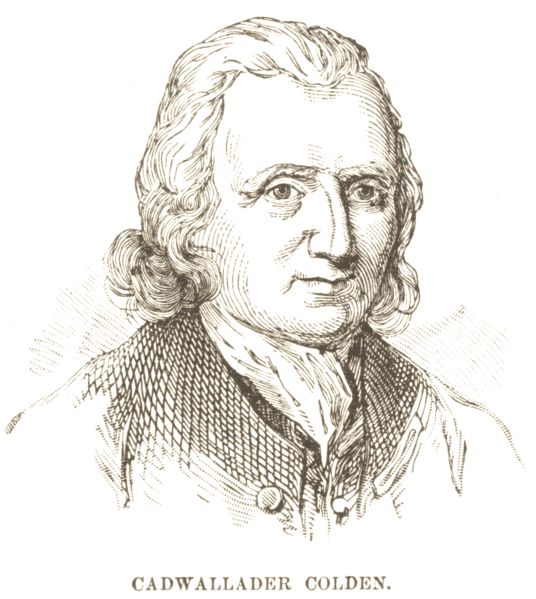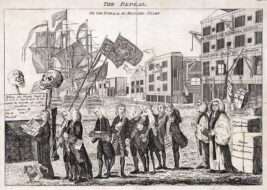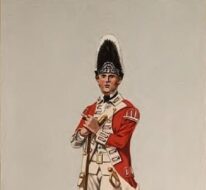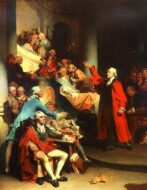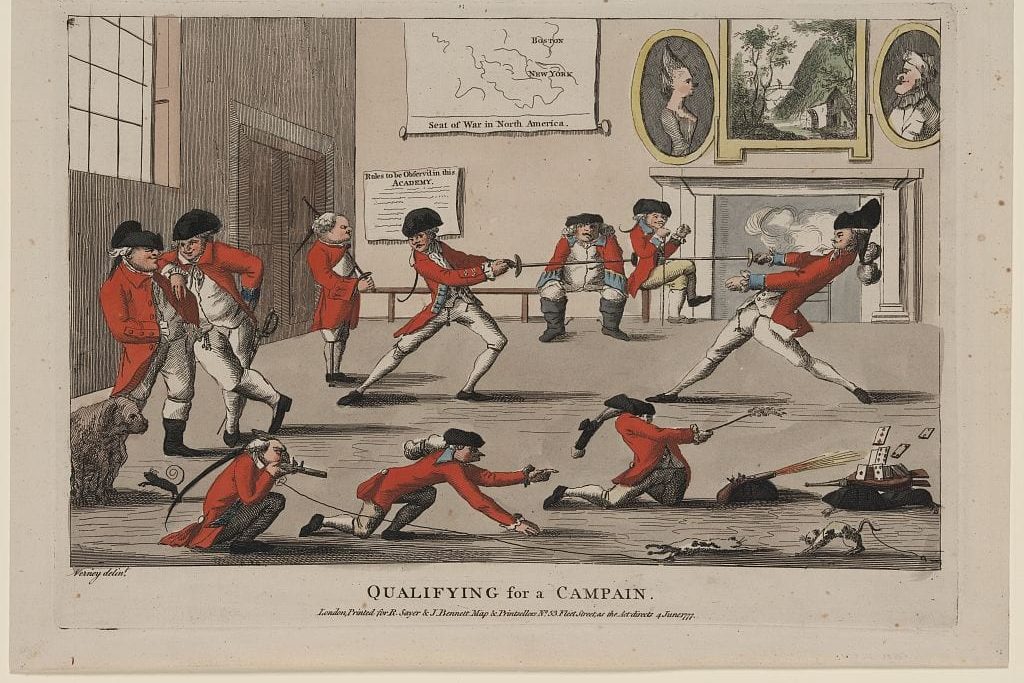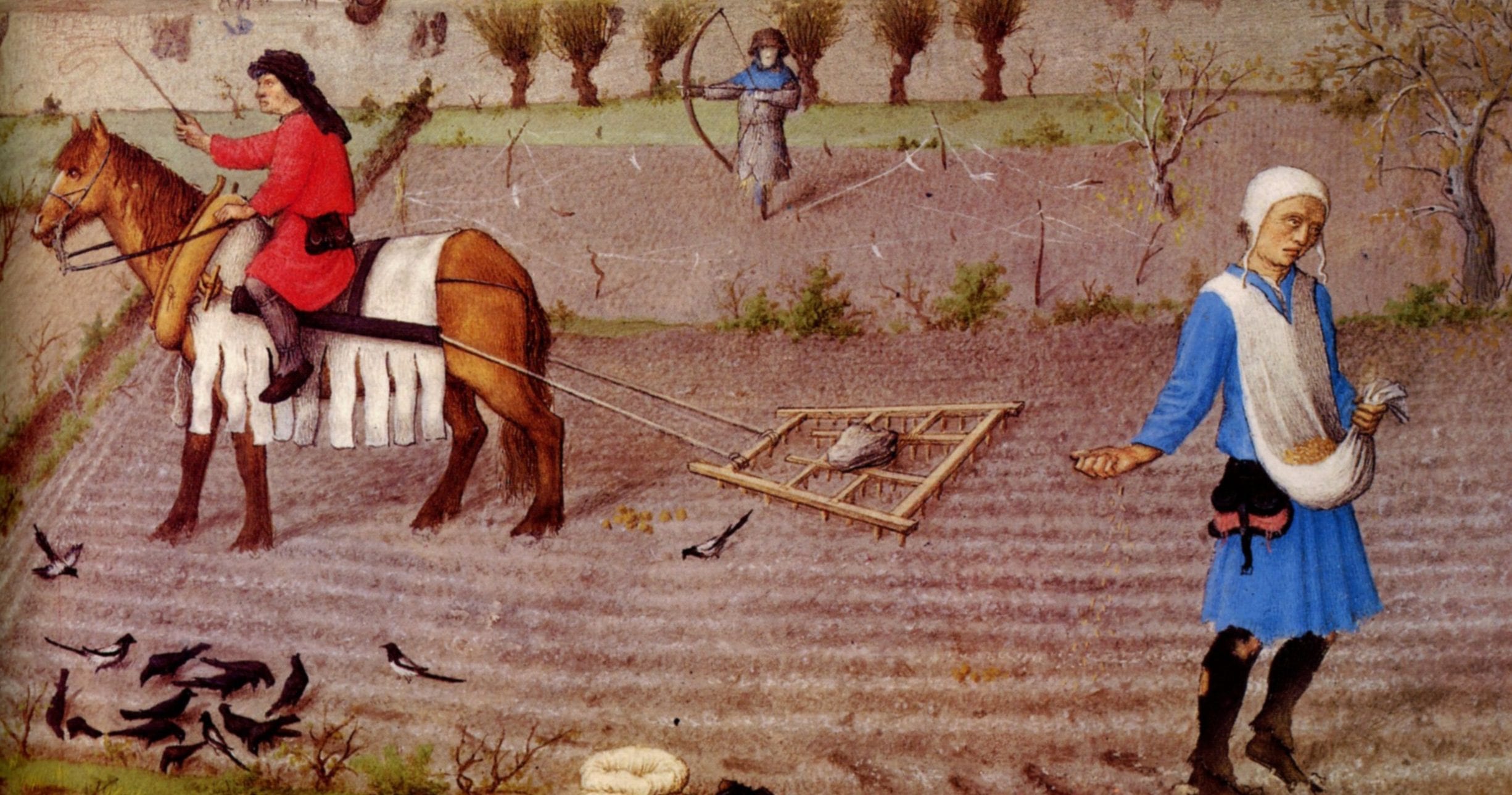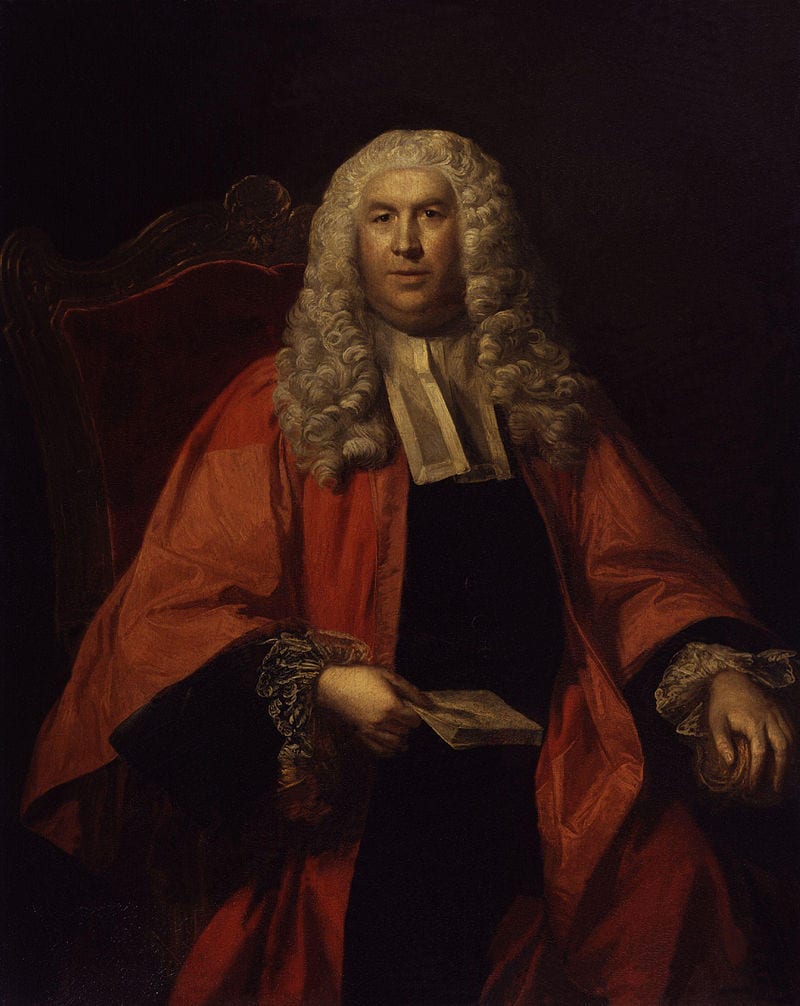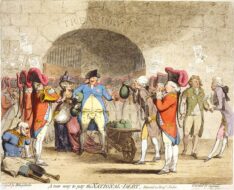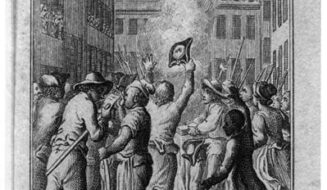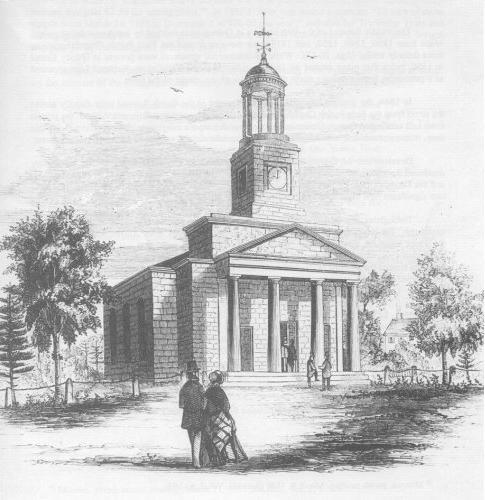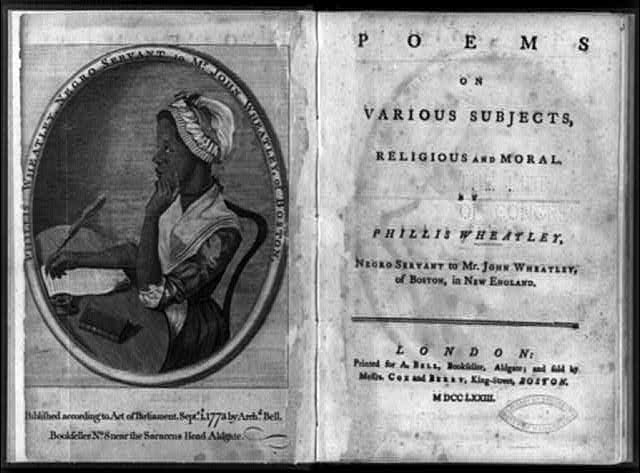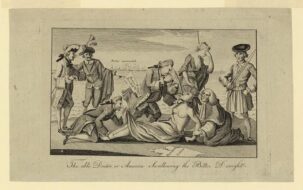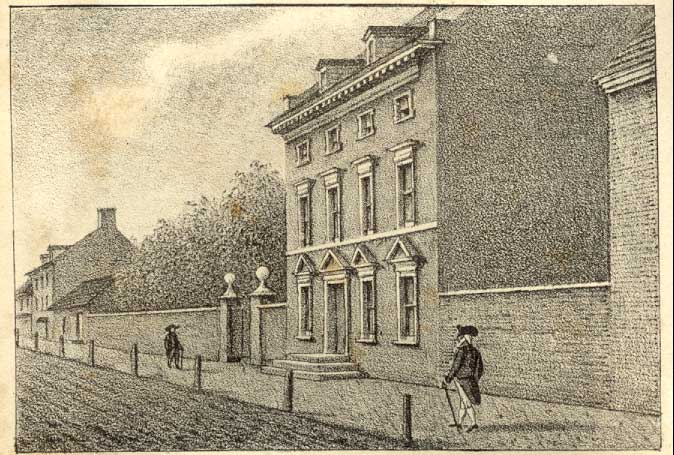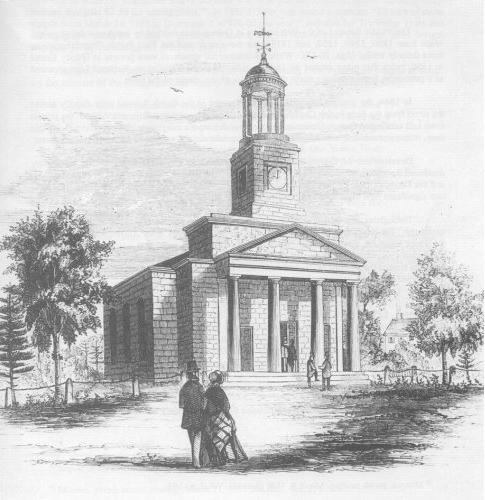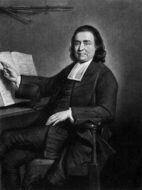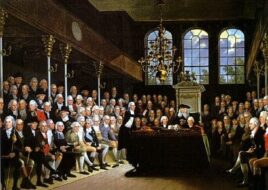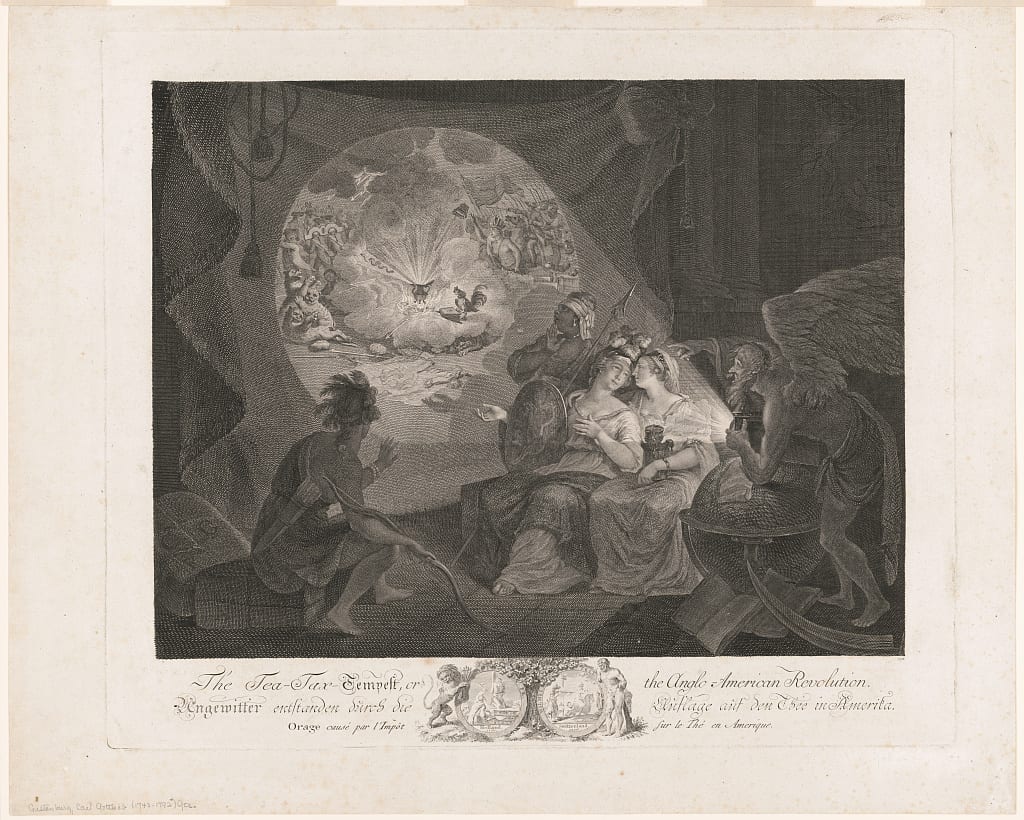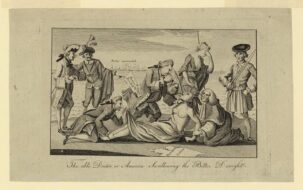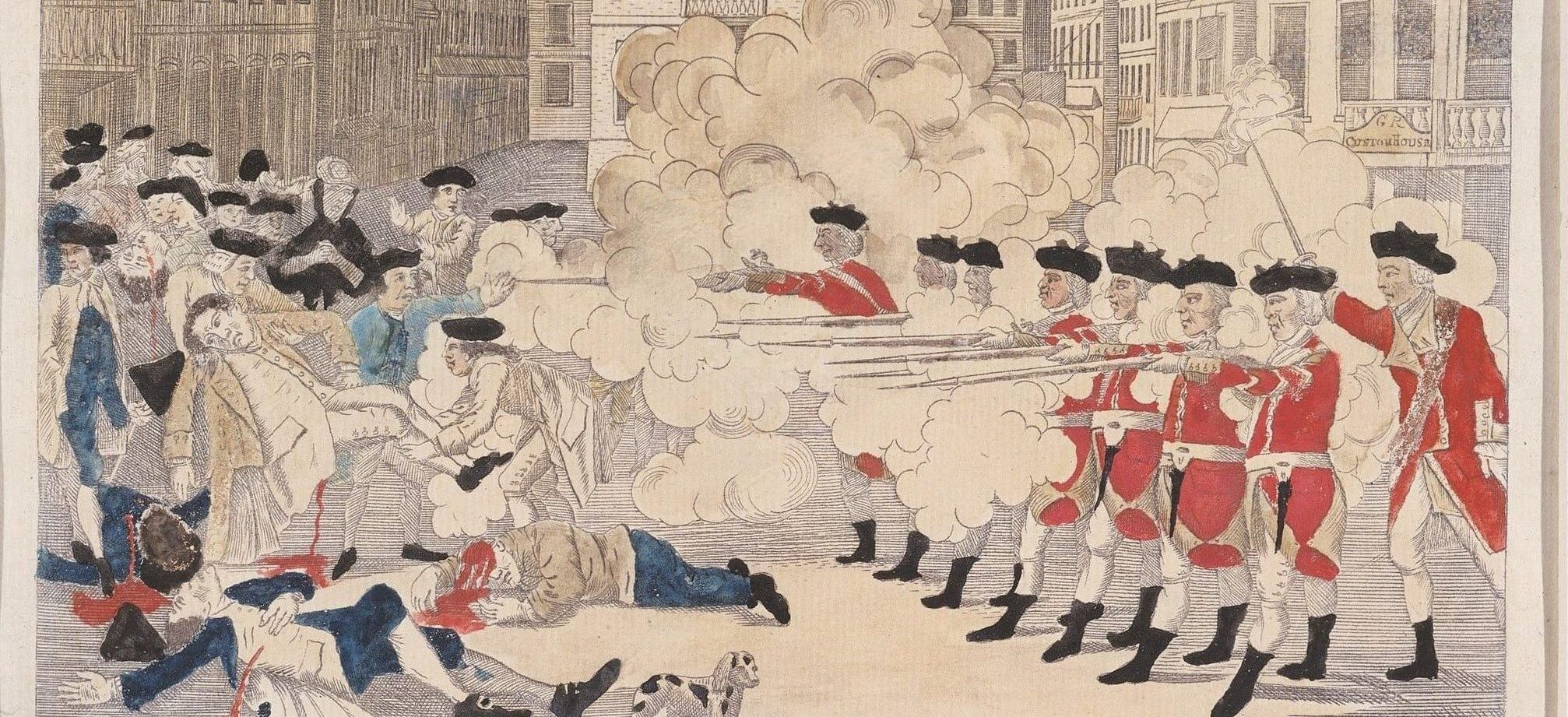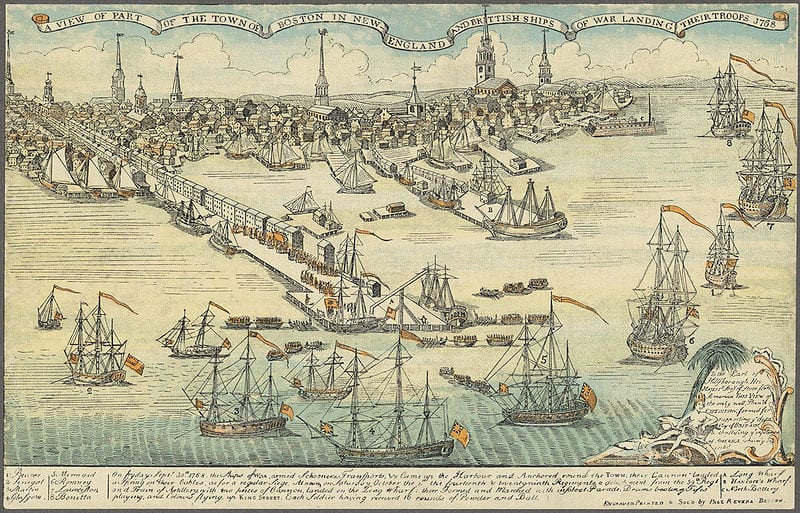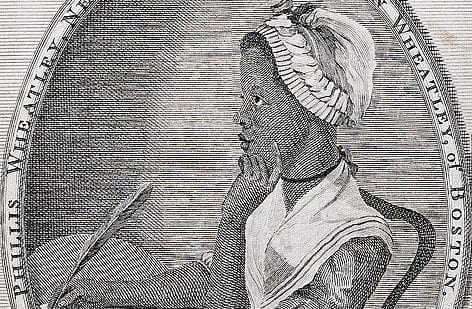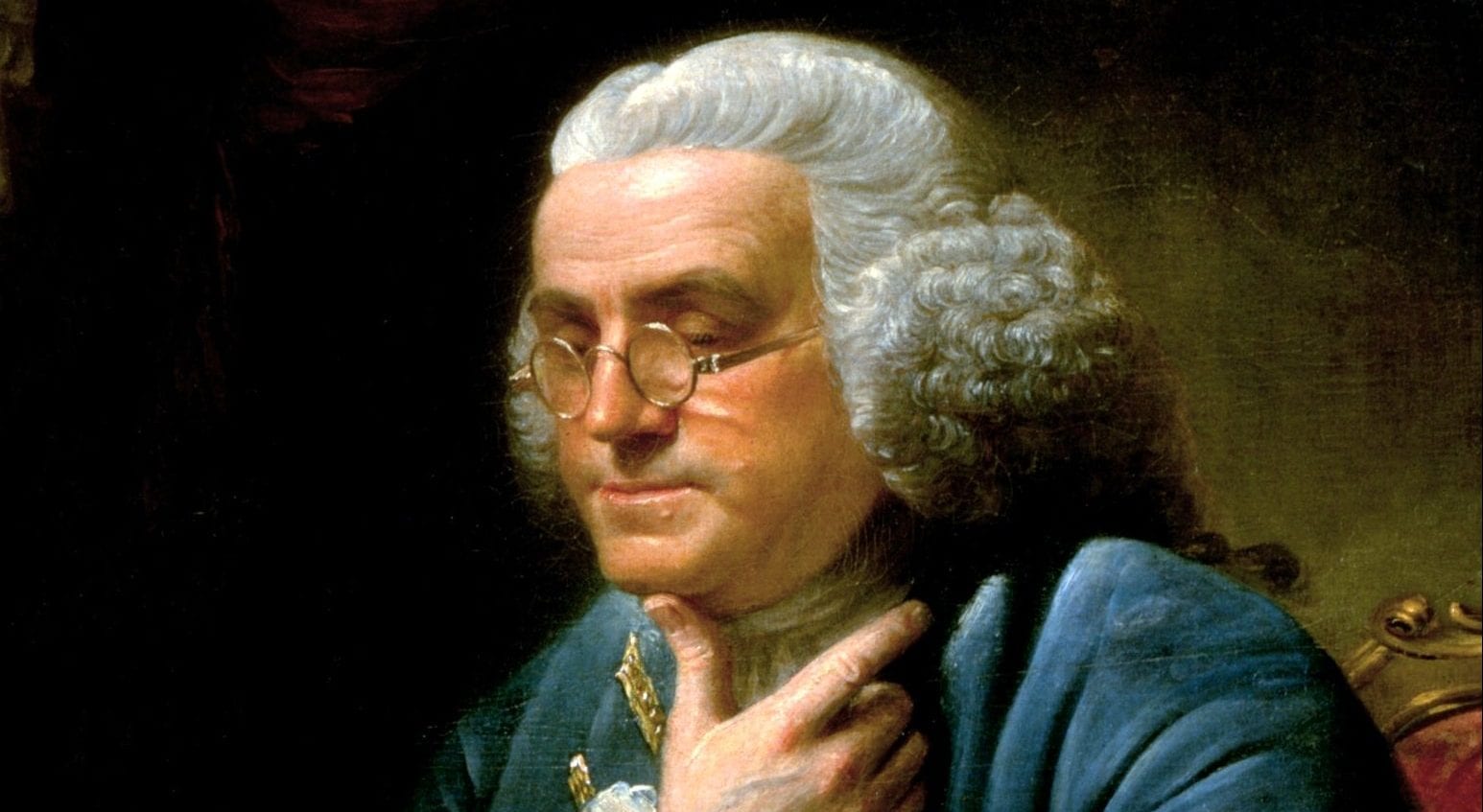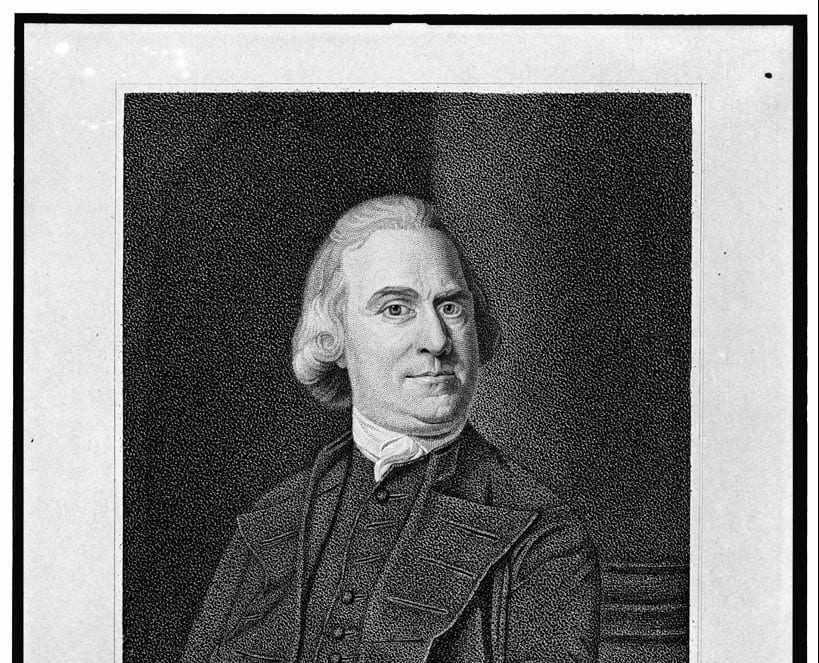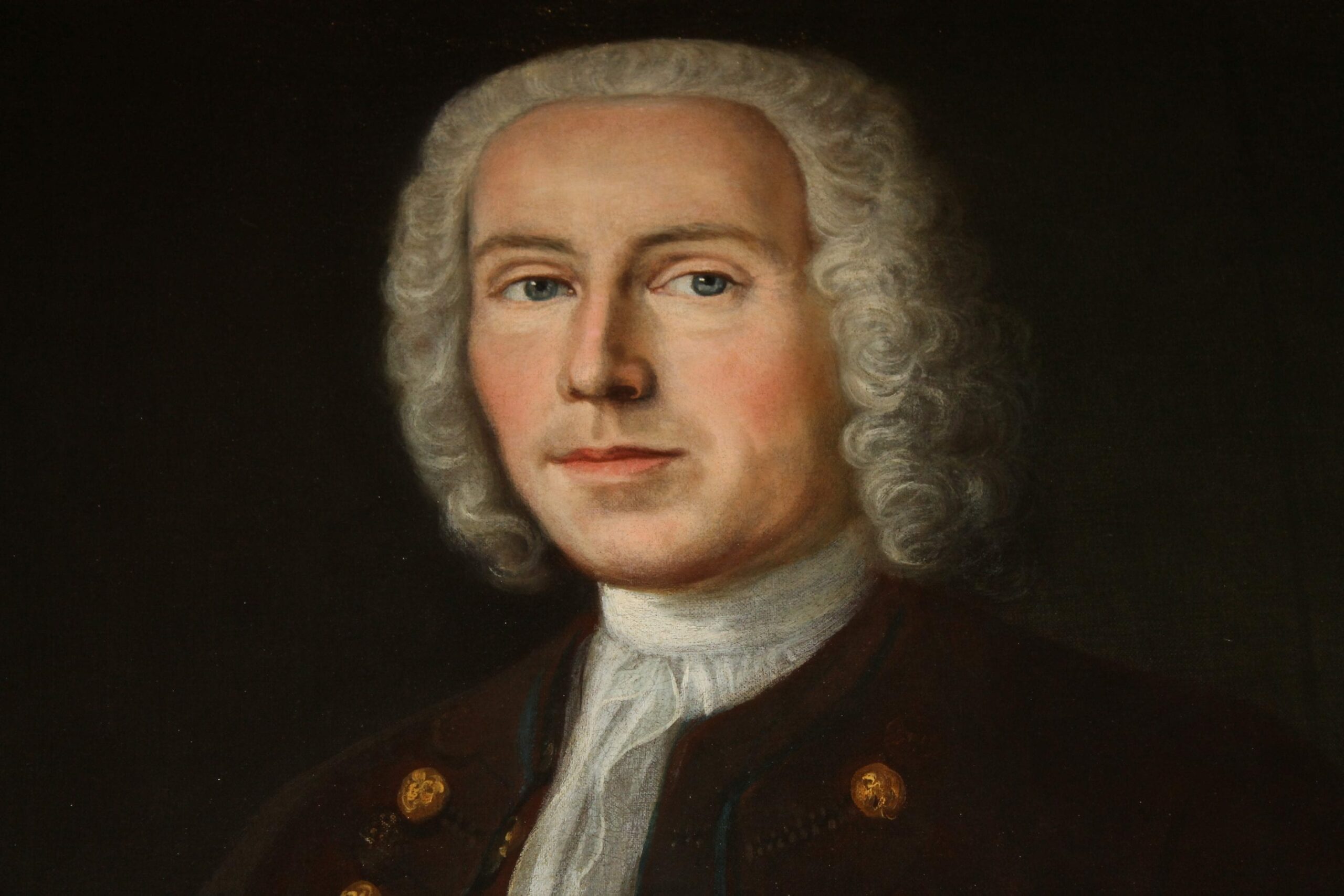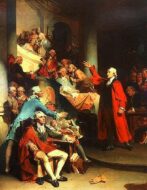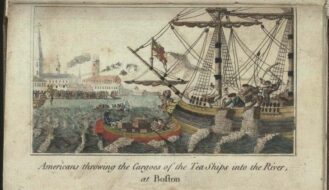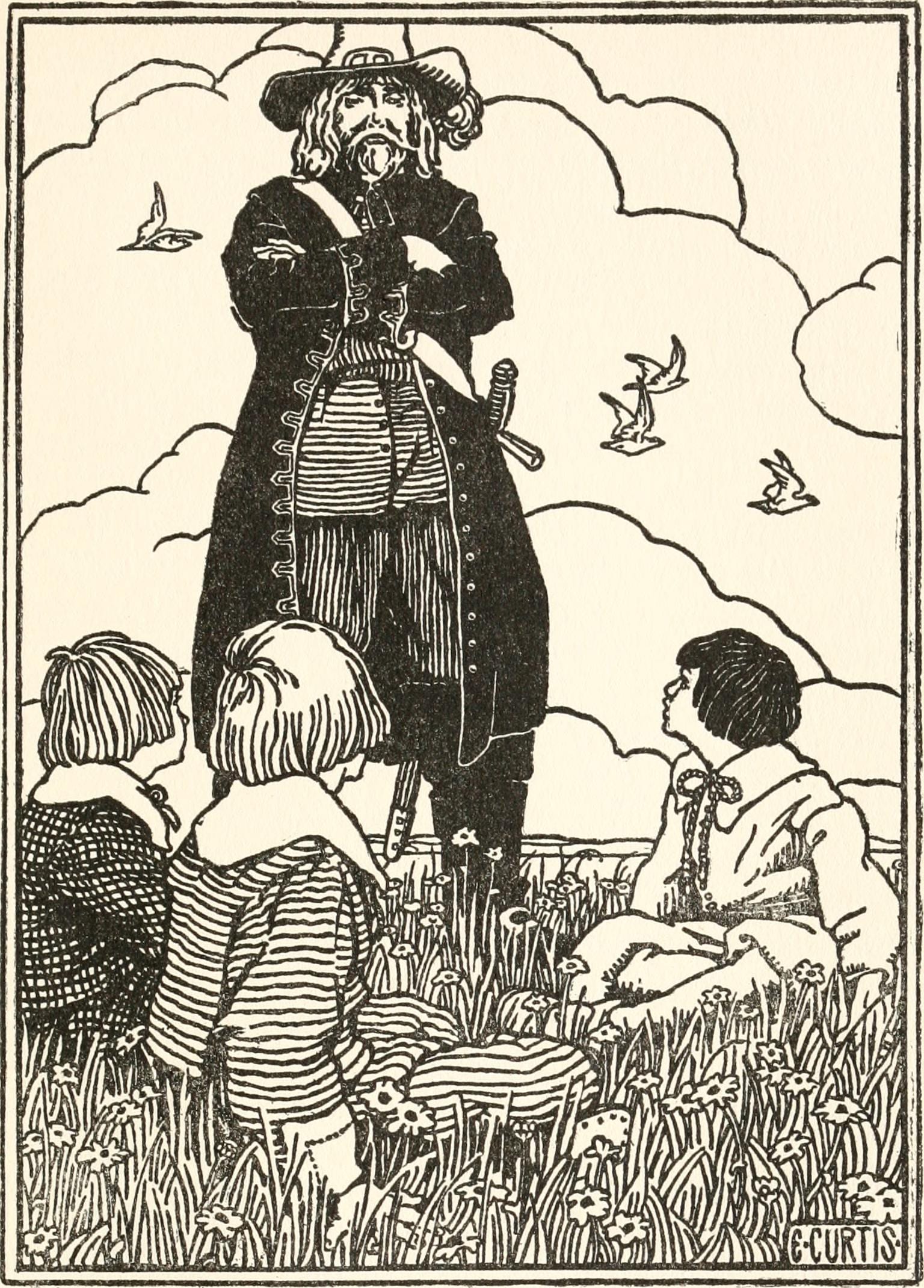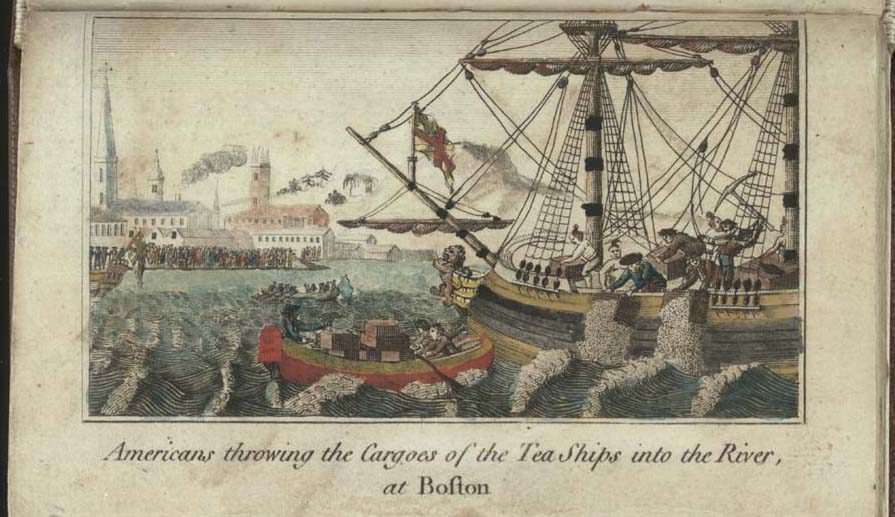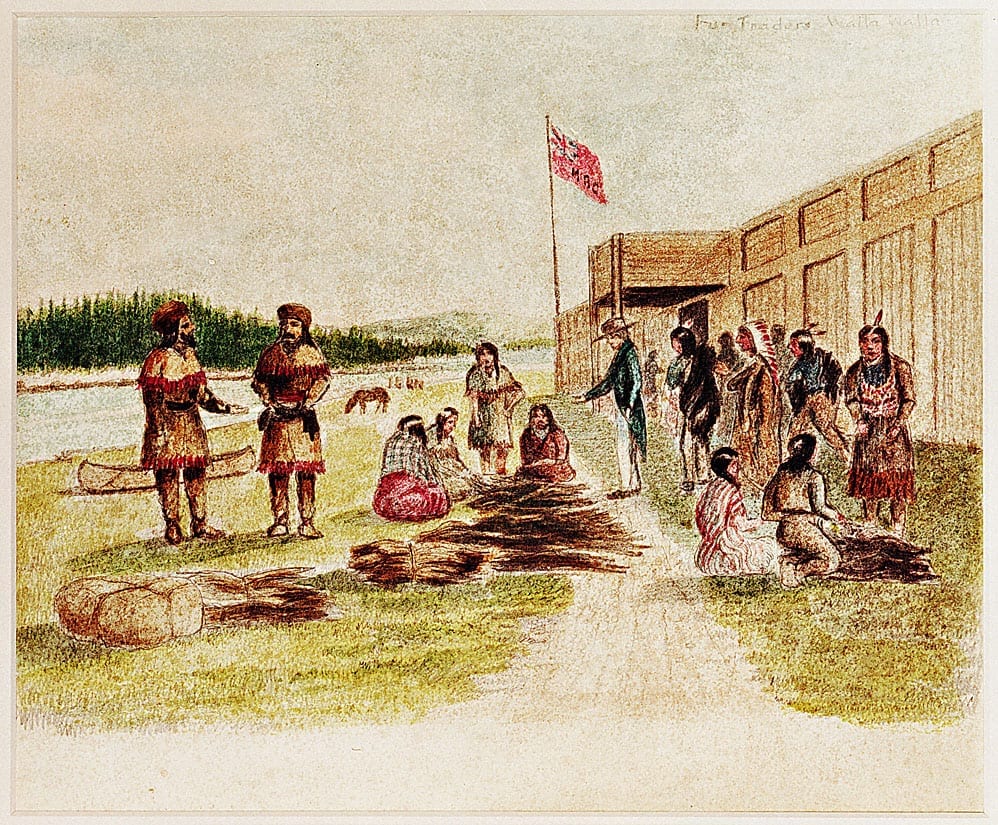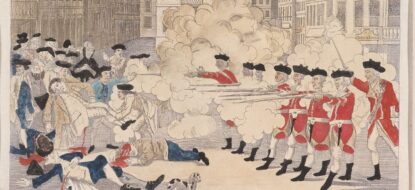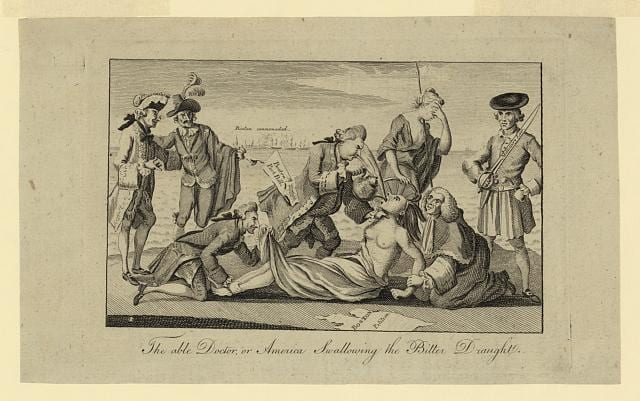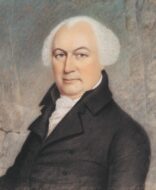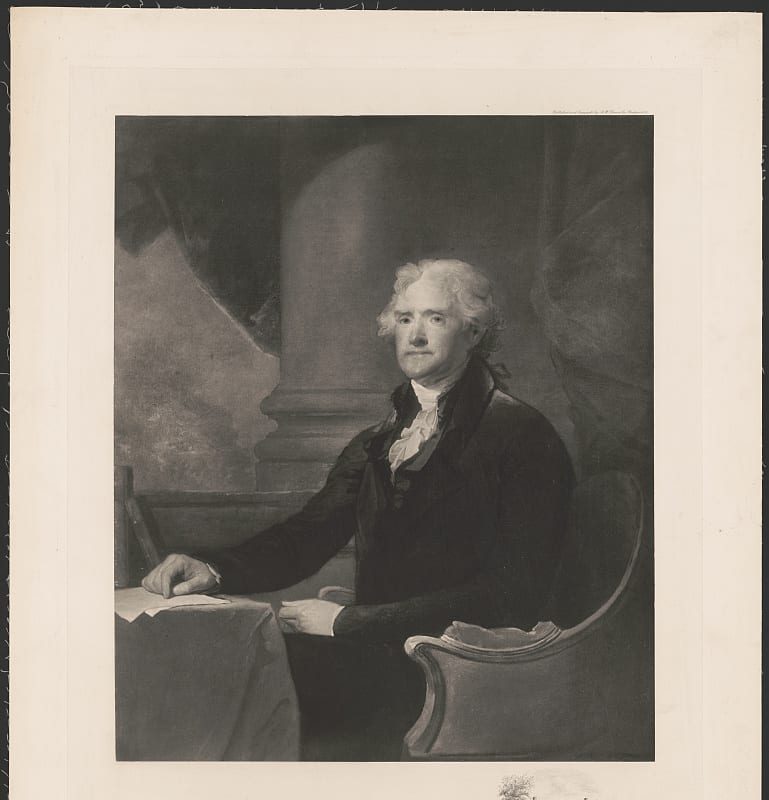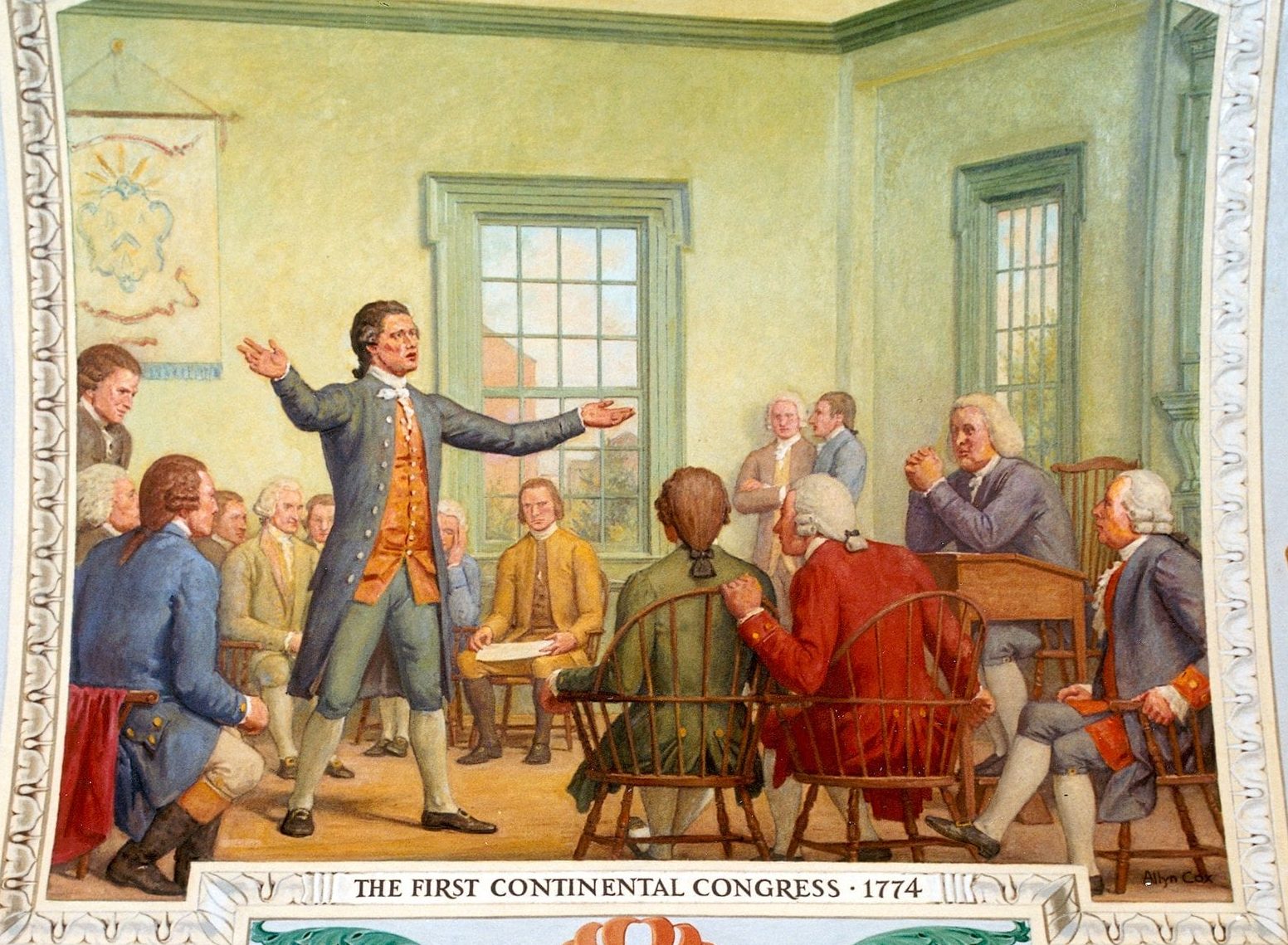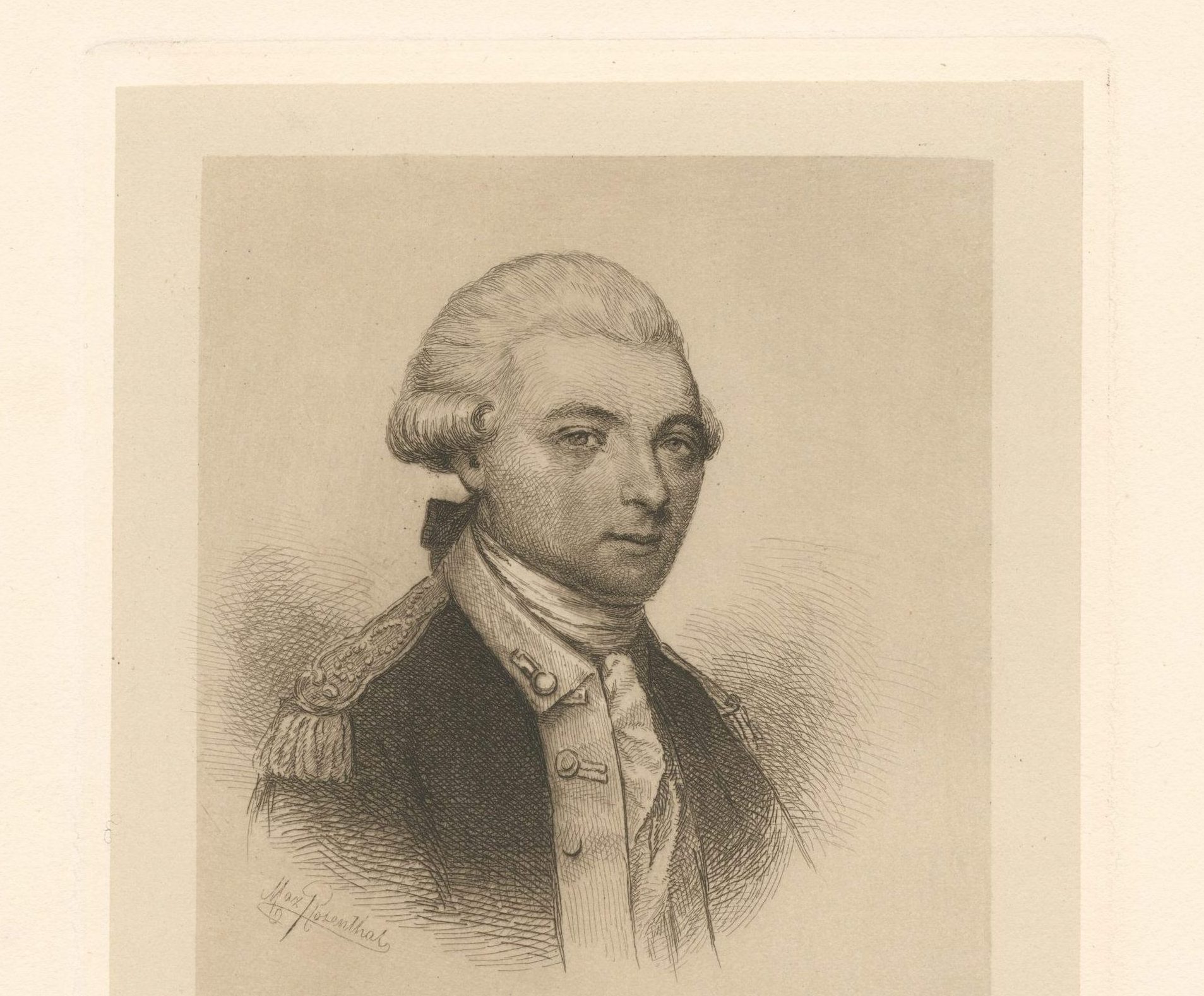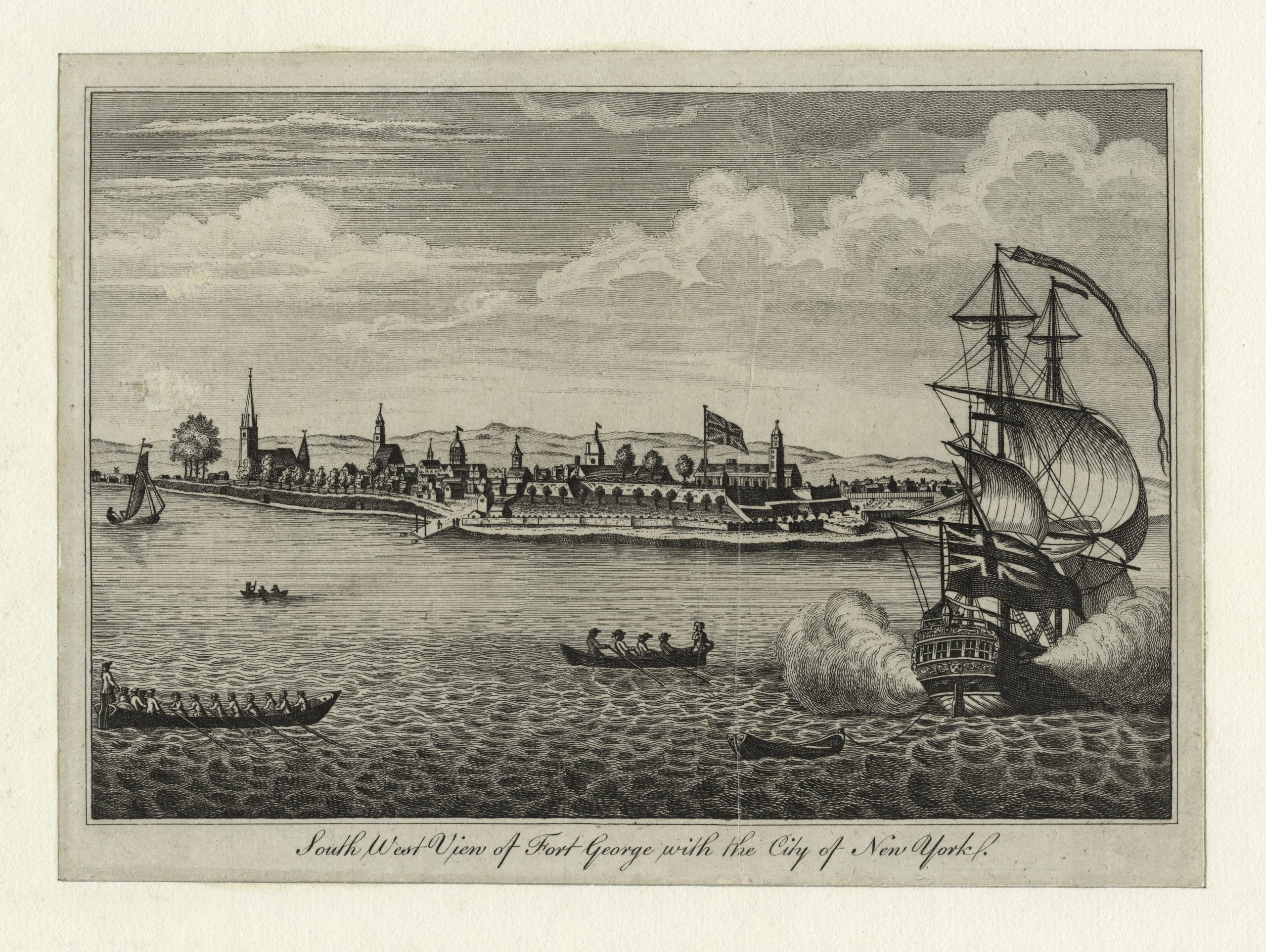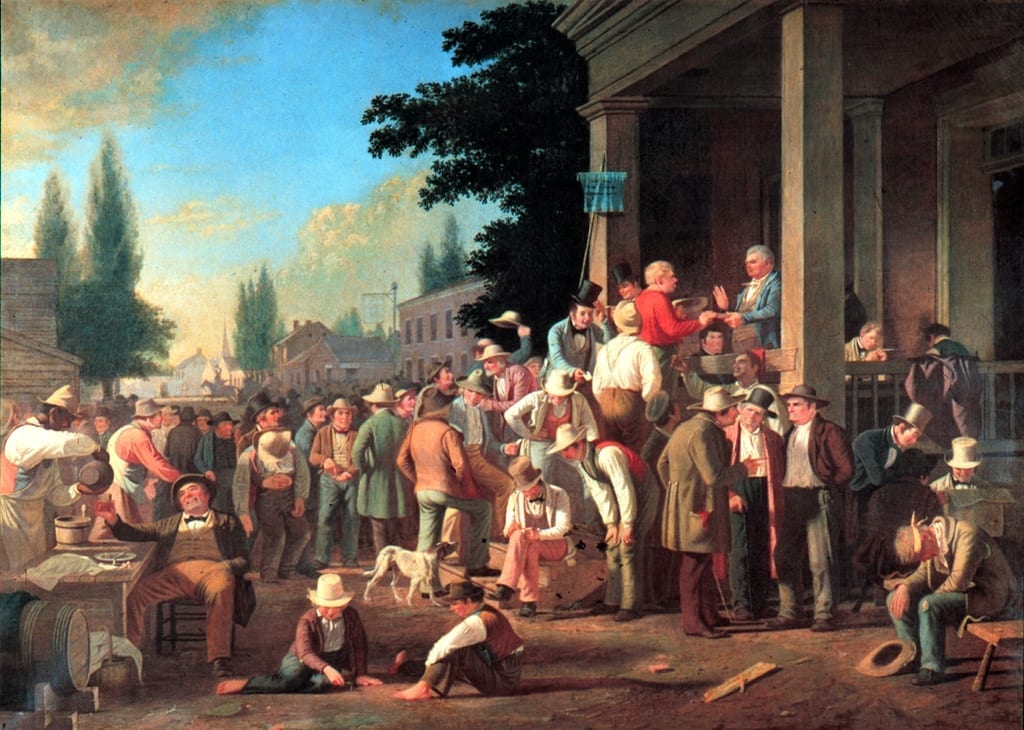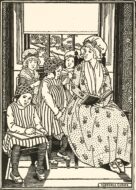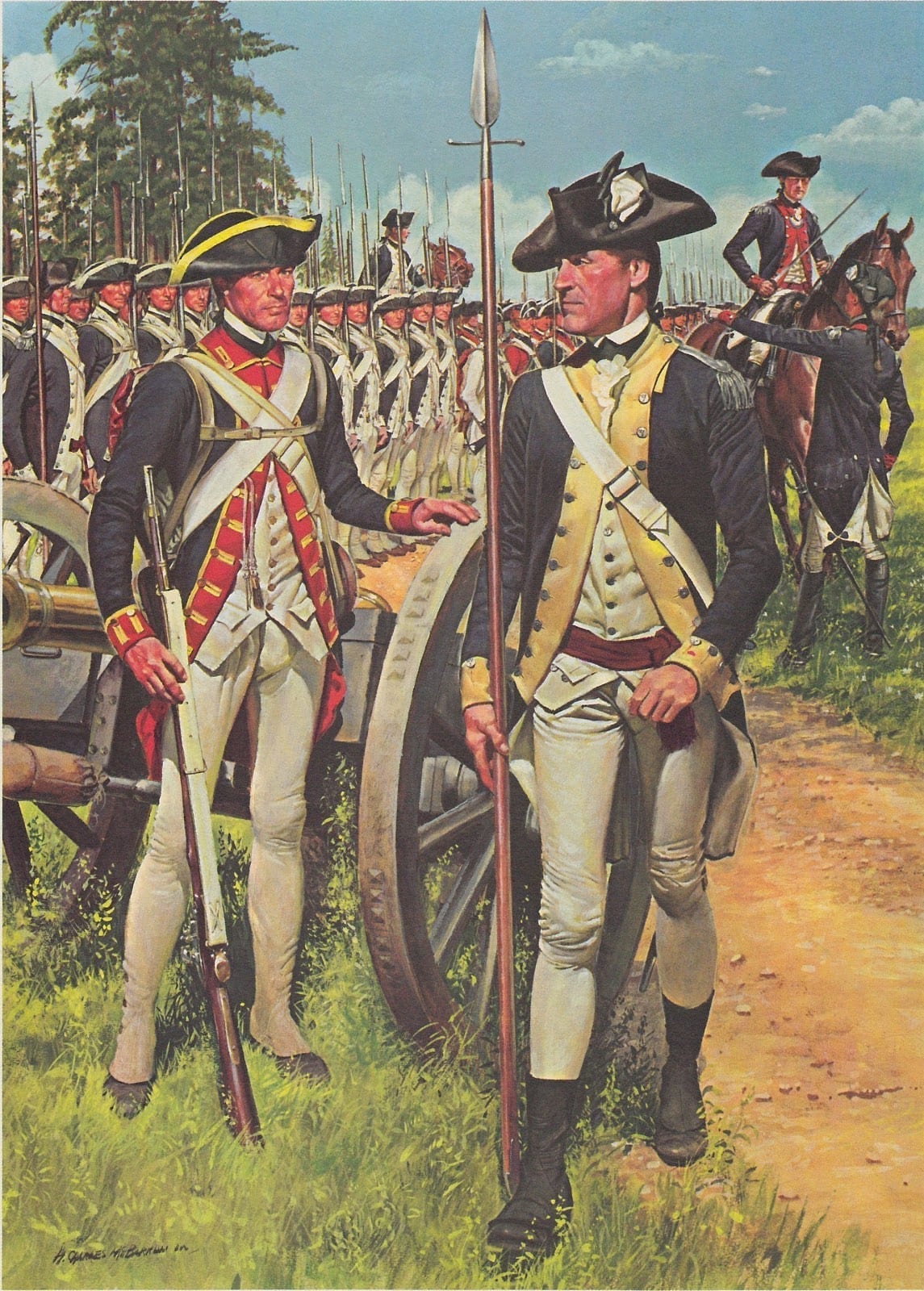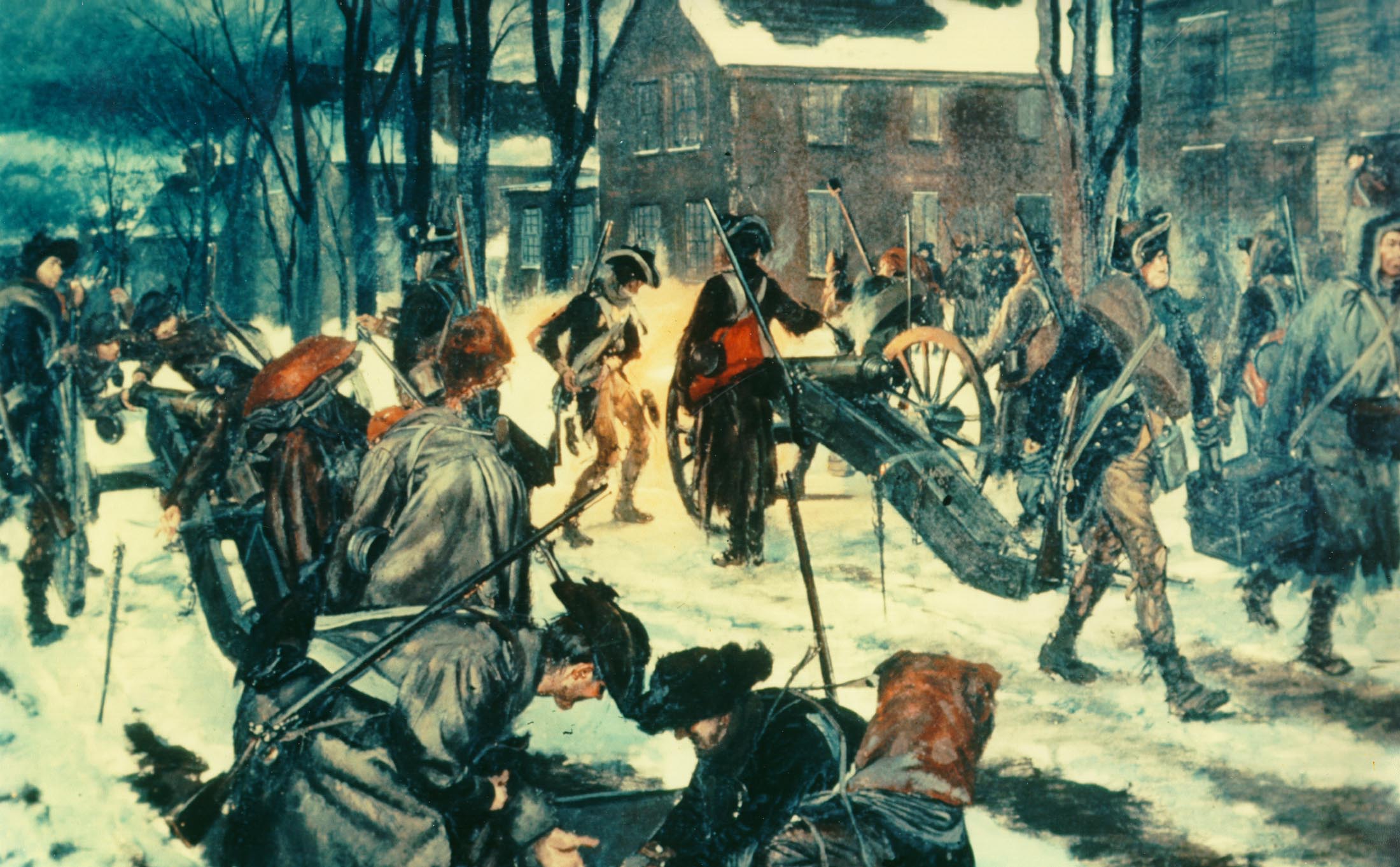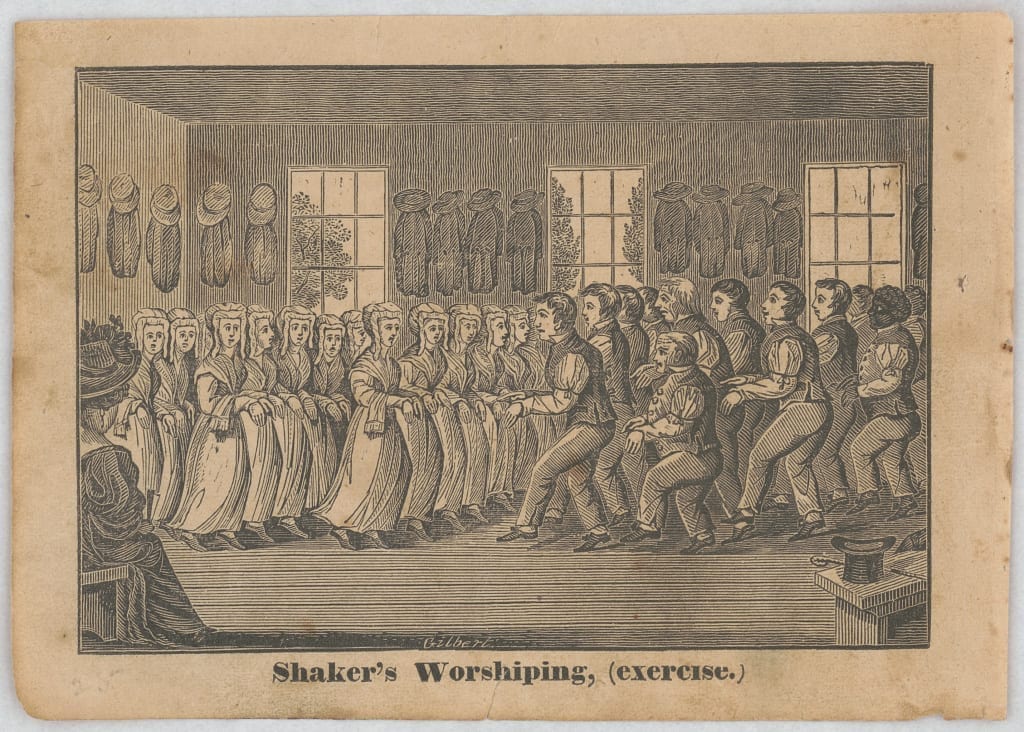
No related resources
Source: John Locke, “Of Property” in Two Treatises of Government, ed. Thomas Hollis (London: A. Millar, [1689] 1764). http:// oll.libertyfund.org/title/222. Accessed: January 30, 2020.
§.26.
God, who hath given the world to men in common, hath also given them reason to make use of it to the best advantage of life, and convenience. The earth, and all that is therein, is given to men for the support and comfort of their being. And tho’ all the fruits it naturally produces, and beasts it feeds, belong to mankind in common, as they are produced by the spontaneous hand of nature; and nobody has originally a private dominion, exclusive of the rest of mankind, in any of them, as they are thus in their natural state: yet being given for the use of men, there must of necessity be a means to appropriate them some way or other, before they can be of any use, or at all beneficial to any particular man. The fruit, or venison, which nourishes the wild Indian, who knows no enclosure, and is still a tenant in common, must be his, and so his, i.e. a part of him, that another can no longer have any right to it, before it can do him any good for the support of his life.
§. 27.
Though the earth, and all inferior creatures, be common to all men, yet every man has a property in his own person: this nobody has any right to but himself. The labor of his body, and the work of his hands, we may say, are properly his. Whatsoever then he removes out of the state that nature hath provided, and left it in, he hath mixed his labor with, and joined to it something that is his own, and thereby makes it his property. It being by him removed from the common state nature hath placed it in, it hath by this labor something annexed to it, that excludes the common right of other men: for this labor being the unquestionable property of the laborer, no man but he can have a right to what that is once joined to, at least where there is enough, and as good, left in common for others.
§. 28.
He that is nourished by the acorns he picked up under an oak, or the apples he gathered from the trees in the wood, has certainly appropriated them to himself. Nobody can deny but the nourishment is his. I ask then, when did they begin to be his? when he digested? or when he eat? or when he boiled? or when he brought them home? or when he picked them up? and it is plain, if the first gathering made them not his, nothing else could. That labor put a distinction between them and common: that added something to them more than nature, the common mother of all, had done; and so they became his private right. And will anyone say, he had no right to those acorns or apples, he thus appropriated, because he had not the consent of all mankind to make them his? Was it a robbery thus to assume to himself what belonged to all in common? If such a consent as that was necessary, man had starved, notwithstanding the plenty God had given him. We see in commons, which remain so by compact, that it is the taking any part of what is common, and removing it out of the state nature leaves it in, which begins the property; without which the common is of no use.[1] And the taking of this or that part, does not depend on the express consent of all the commoners. Thus the grass my horse has bit; the turfs my servant has cut; and the ore I have digged in any place, where I have a right to them in common with others, become my property, without the assignation or consent of any body. The labor that was mine, removing them out of that common state they were in, hath fixed my property in them.
§. 29.
By making an explicit consent of every commoner, necessary to any one’s appropriating to himself any part of what is given in common, children or servants could not cut the meat, which their father or master had provided for them in common, without assigning to everyone his peculiar part. Though the water running in the fountain be every one’s, yet who can doubt, but that in the pitcher is his only who drew it out? His labor hath taken it out of the hands of nature, where it was common, and belonged equally to all her children, and hath thereby appropriated it to himself. . . .
§. 31.
It will perhaps be objected to this, that if gathering the acorns, or other fruits of the earth, &c. makes a right to them, then any one may engross as much as he will. To which I answer, Not so. The same law of nature, that does by this means give us property, does also bound that property too. God has given us all things richly, 1 Tim. vi. 17. is the voice of reason confirmed by inspiration.[2] But how far has he given it us? To enjoy. As much as anyone can make use of to any advantage of life before it spoils, so much he may by his labor fix a property in: whatever is beyond this, is more than his share, and belongs to others. Nothing was made by God for man to spoil or destroy. And thus, considering the plenty of natural provisions there was a long time in the world, and the few spenders; and to how small a part of that provision the industry of one man could extend itself, and engross it to the prejudice of others; especially keeping within the bounds, set by reason, of what might serve for his use; there could be then little room for quarrels or contentions about property so established.
§. 32.
But the chief matter of property being now not the fruits of the earth, and the beasts that subsist on it, but the earth itself; as that which takes in and carries with it all the rest; I think it is plain, that property in that too is acquired as the former. As much land as a man tills, plants, improves, cultivates, and can use the product of, so much is his property. He by his labor does, as it were, enclose it from the common. Nor will it invalidate his right, to say everybody else has an equal title to it; and therefore he cannot appropriate, he cannot enclose, without the consent of all his fellow-commoners, all mankind. God, when he gave the world in common to all mankind, commanded man also to labor, and the penury of his condition required it of him. God and his reason commanded him to subdue the earth, i.e. improve it for the benefit of life, and therein lay out something upon it that was his own, his labor. He that in obedience to this command of God, subdued, tilled and sowed any part of it, thereby annexed to it something that was his property, which another had no title to, nor could without injury take from him.
§. 33.
Nor was this appropriation of any parcel of land, by improving it, any prejudice to any other man, since there was still enough, and as good left; and more than the yet unprovided could use. So that, in effect, there was never the less left for others because of his enclosure for himself: for he that leaves as much as another can make use of, does as good as take nothing at all. Nobody could think himself injured by the drinking of another man, though he took a good draught, who had a whole river of the same water left him to quench his thirst: and the case of land and water, where there is enough of both, is perfectly the same.
§. 34.
God gave the world to men in common; but since he gave it them for their benefit, and the greatest conveniences of life they were capable to draw from it, it cannot be supposed he meant it should always remain common and uncultivated. He gave it to the use of the industrious and rational, (and labor was to be his title to it;) not to the fancy or covetousness of the quarrelsome and contentious. He that had as good left for his improvement, as was already taken up, needed not complain, ought not to meddle with what was already improved by another’s labor: if he did, it is plain he desired the benefit of another’s pains, which he had no right to, and not the ground which God had given him in common with others to labor on, and whereof there was as good left, as that already possessed, and more than he knew what to do with, or his industry could reach to. . . .
§. 37.
This is certain, that in the beginning, before the desire of having more than man needed had altered the intrinsic value of things, which depends only on their usefulness to the life of man; or had agreed, that a little piece of yellow metal, which would keep without wasting or decay, should be worth a great piece of flesh, or a whole heap of corn; though men had a right to appropriate, by their labor, each one to himself, as much of the things of nature, as he could use: yet this could not be much, nor to the prejudice of others, where the same plenty was still left to those who would use the same industry. To which let me add, that he who appropriates land to himself by his labor, does not lessen, but increase the common stock of mankind: for the provisions serving to the support of human life, produced by one acre of enclosed and cultivated land, are (to speak much within compass) ten times more than those which are yielded by an acre of land of an equal richness lying waste in common. And therefore he that encloses land, and has a greater plenty of the conveniences of life from ten acres, than he could have from an hundred left to nature, may truly be said to give ninety acres to mankind: for his labor now supplies him with provisions out of ten acres, which were but the product of an hundred lying in common. I have here rated the improved land very low, in making its product but as ten to one, when it is much nearer an hundred to one: for I ask, whether in the wild woods and uncultivated waste of America, left to nature, without any improvement, tillage or husbandry, a thousand acres yield the needy and wretched inhabitants as many conveniences of life, as ten acres of equally fertile land do in Devonshire, where they are well cultivated?
Before the appropriation of land, he who gathered as much of the wild fruit, killed, caught, or tamed, as many of the beasts, as he could; he that so employed his pains about any of the spontaneous products of nature, as any way to alter them from the state which nature put them in, by placing any of his labor on them, did thereby acquire a propriety in them: but if they perished, in his possession, without their due use; if the fruits rotted, or the venison putrefied, before he could spend it, he offended against the common law of nature, and was liable to be punished; he invaded his neighbor’s share, for he had no right, farther than his use called for any of them, and they might serve to afford him conveniences of life. . . .
§. 47.
And thus came in the use of money, some lasting thing that men might keep without spoiling, and that by mutual consent men would take in exchange for the truly useful, but perishable supports of life.
§. 48.
And as different degrees of industry were apt to give men possessions in different proportions, so this invention of money gave them the opportunity to continue and enlarge them: for supposing an island, separate from all possible commerce with the rest of the world, wherein there were but an hundred families, but there were sheep, horses and cows, with other useful animals, wholesome fruits, and land enough for corn for a hundred thousand times as many, but nothing in the island, either because of its commonness, or perishableness, fit to supply the place of money; what reason could anyone have there to enlarge his possessions beyond the use of his family, and a plentiful supply to its consumption, either in what their own industry produced, or they could barter for like perishable, useful commodities, with others? Where there is not something, both lasting and scarce, and so valuable to be hoarded up, there men will be apt to enlarge their possessions of land, were it never so rich, never so free for them to take: for I ask, what would a man value ten thousand, or an hundred thousand acres of excellent land, ready cultivated, and well stocked too with cattle, in the middle of the inland parts of America, where he had no hopes of commerce with other parts of the world, to draw money to him by the sale of the product? It would not be worth the enclosing, and we should see him give up again to the wild common of nature, whatever was more than would supply the conveniences of life to be had there for him and his family.
§. 49.
Thus in the beginning all the world was America, and more so than that is now; for no such thing as money was anywhere known. Find out something that hath the use and value of money amongst his neighbors, you shall see the same man will begin presently to enlarge his possessions.
§. 50.
But since gold and silver, being little useful to the life of man in proportion to food, raiment, and carriage, has its value only from the consent of men, whereof labor yet makes, in great part, the measure, it is plain, that men have agreed to a disproportionate and unequal possession of the earth, they having, by a tacit and voluntary consent, found out a way how a man may fairly possess more land than he himself can use the product of, by receiving in exchange for the overplus gold and silver, which may be hoarded up without injury to any one; these metals not spoiling or decaying in the hands of the possessor. This partage of things in an inequality of private possessions, men have made practicable out of the bounds of society, and without compact, only by putting a value on gold and silver, and tacitly agreeing in the use of money: for in governments, the laws regulate the right of property, and the possession of land is determined by positive constitutions.
§. 51.
And thus, I think, it is very easy to conceive, without any difficulty, how labor could at first begin a title of property in the common things of nature, and how the spending it upon our uses bounded it. So that there could then be no reason of quarrelling about title, nor any doubt about the largeness of possession it gave. Right and conveniency went together; for as a man had a right to all he could employ his labor upon, so he had no temptation to labor for more than he could make use of. This left no room for controversy about the title, nor for encroachment on the right of others; what portion a man carved to himself, was easily seen; and it was useless, as well as dishonest, to carve himself too much, or take more than he needed.
- 1. Here, Locke describes something similar of the process of enclosure under a series of acts from seventeenth century through to the twentieth century, where land that was for common use under a specific manor and lord became enclosed for private cultivation, and legal property rights were granted. Increased productivity of land in England that spurred the Industrial Revolution is often attributed to the enclosure acts.
- 2. Compare Locke’s citation of the Bible verse to the King James Version: “Charge them that are rich in this world, that they be not highminded, nor trust in uncertain riches, but in the living God, who giveth us richly all things to enjoy.”

Conversation-based seminars for collegial PD, one-day and multi-day seminars, graduate credit seminars (MA degree), online and in-person.
